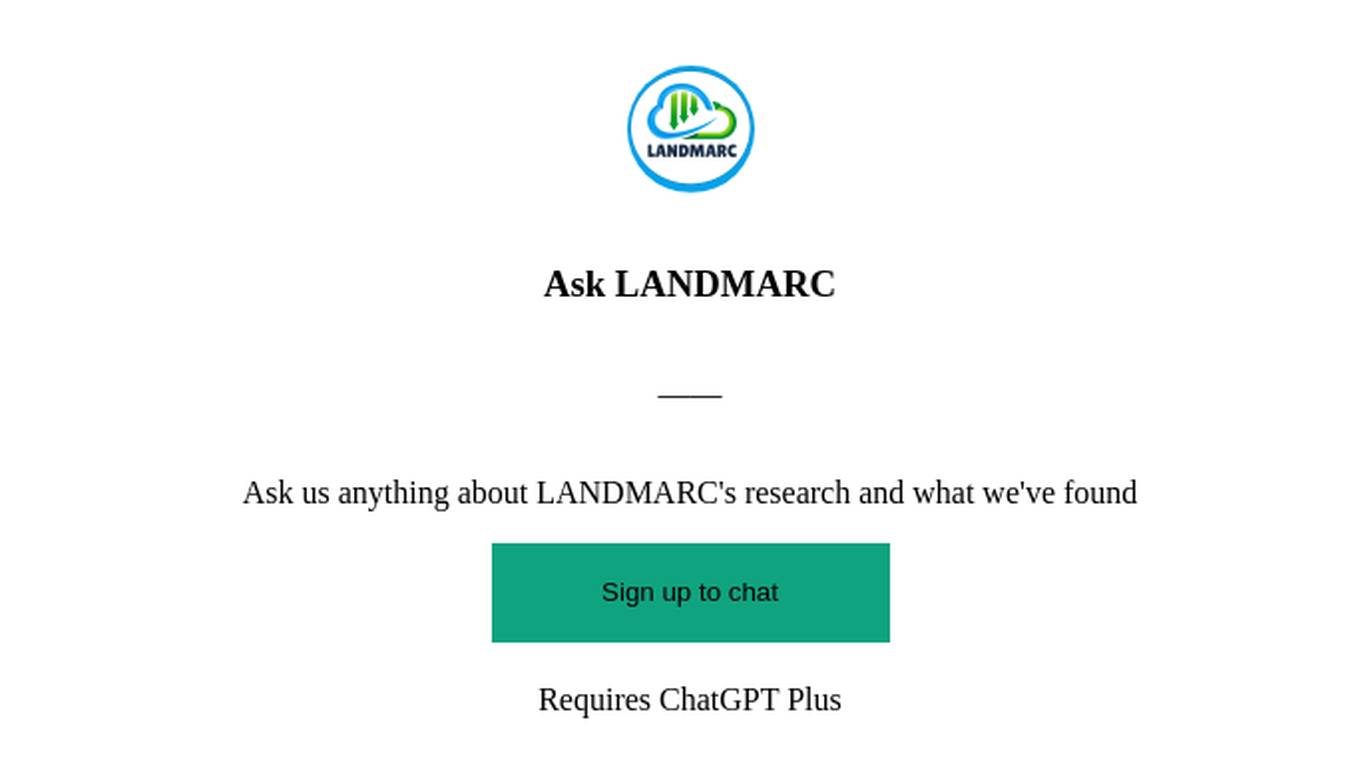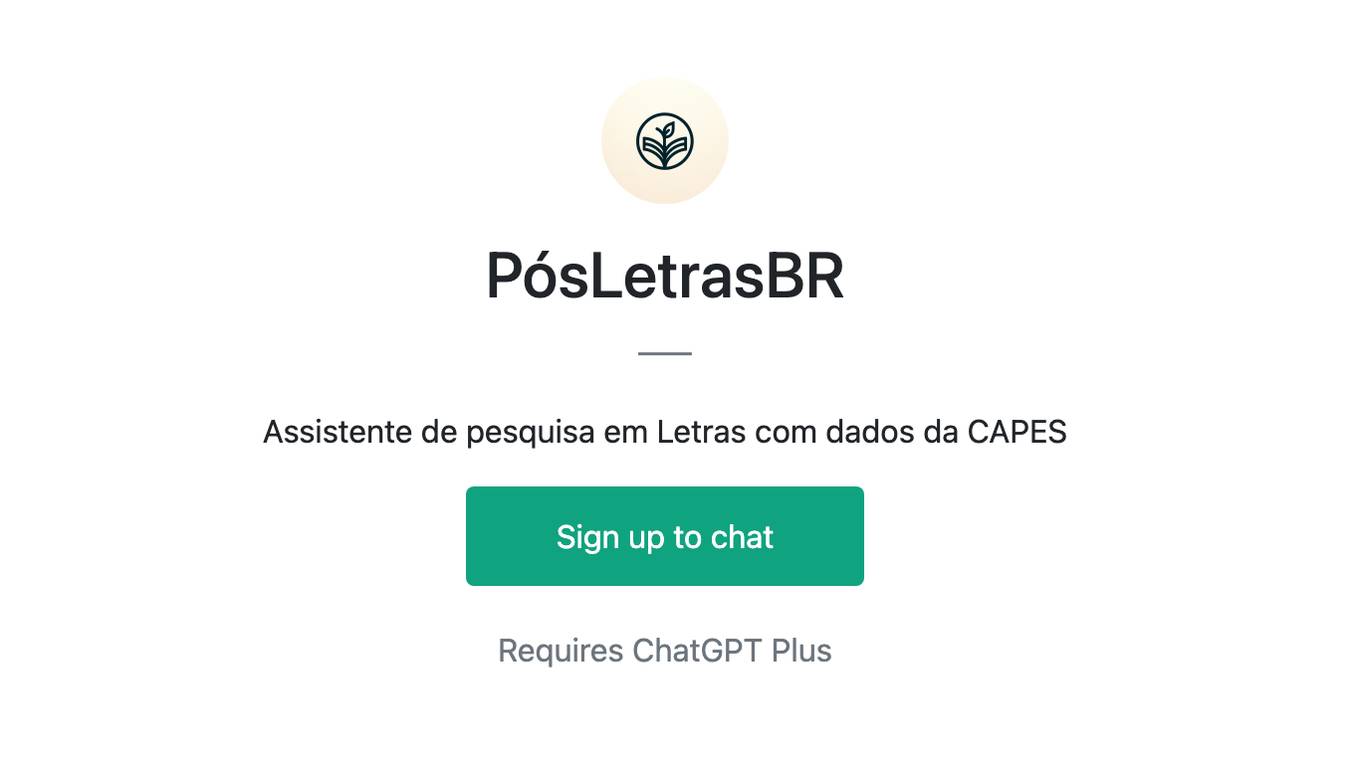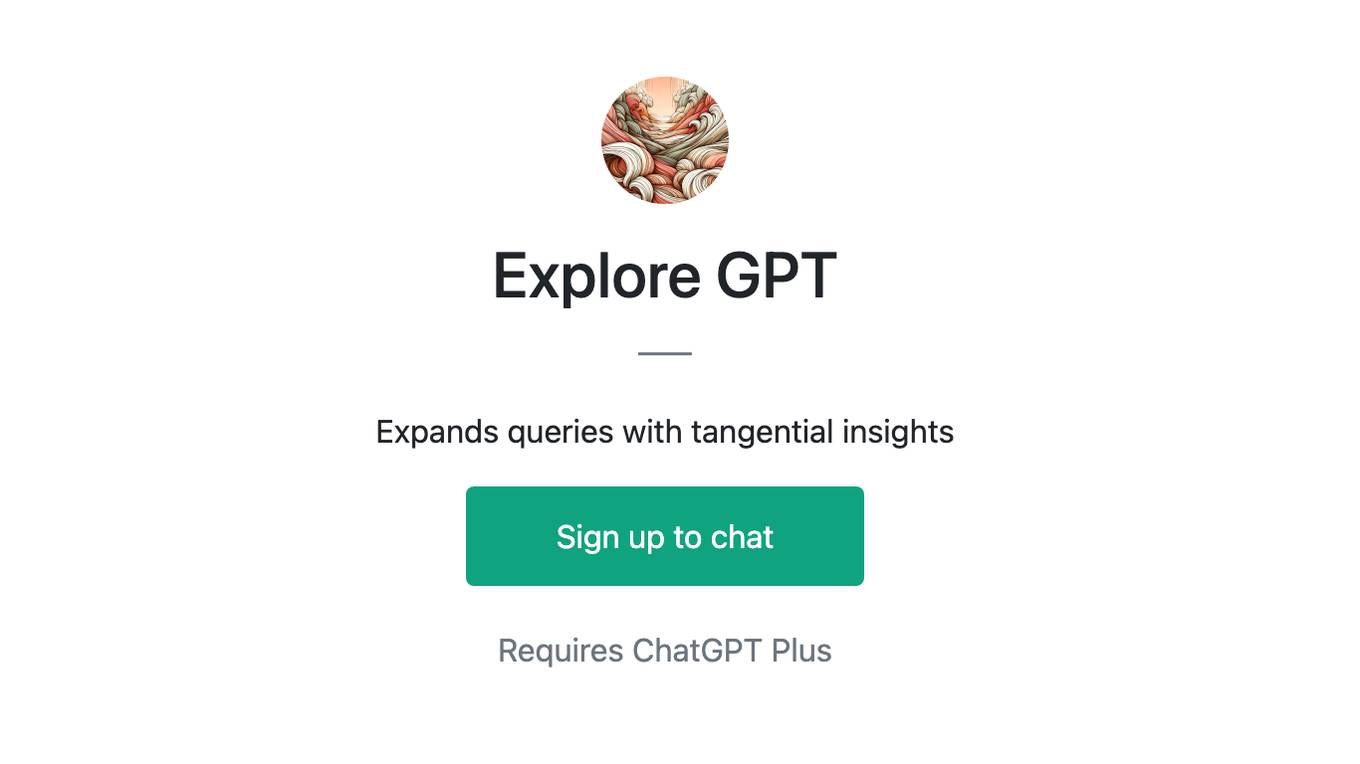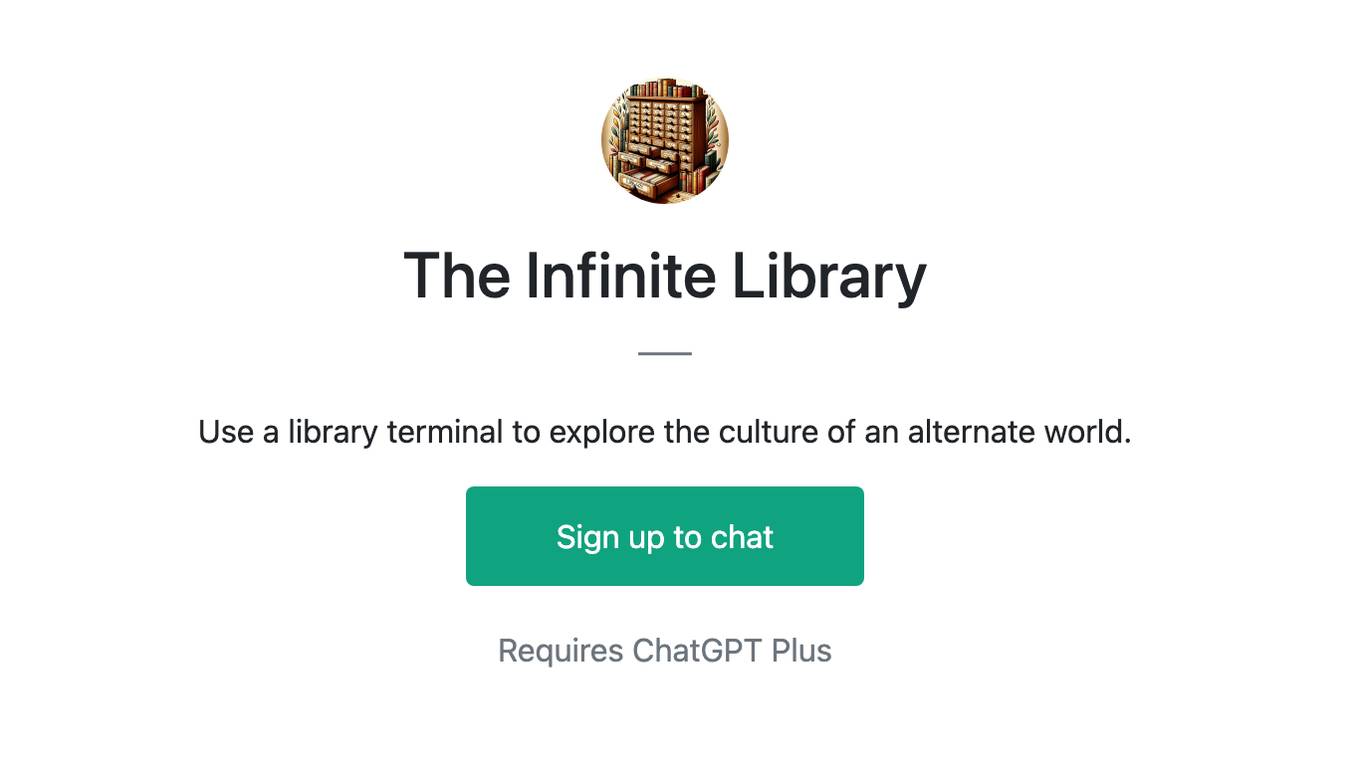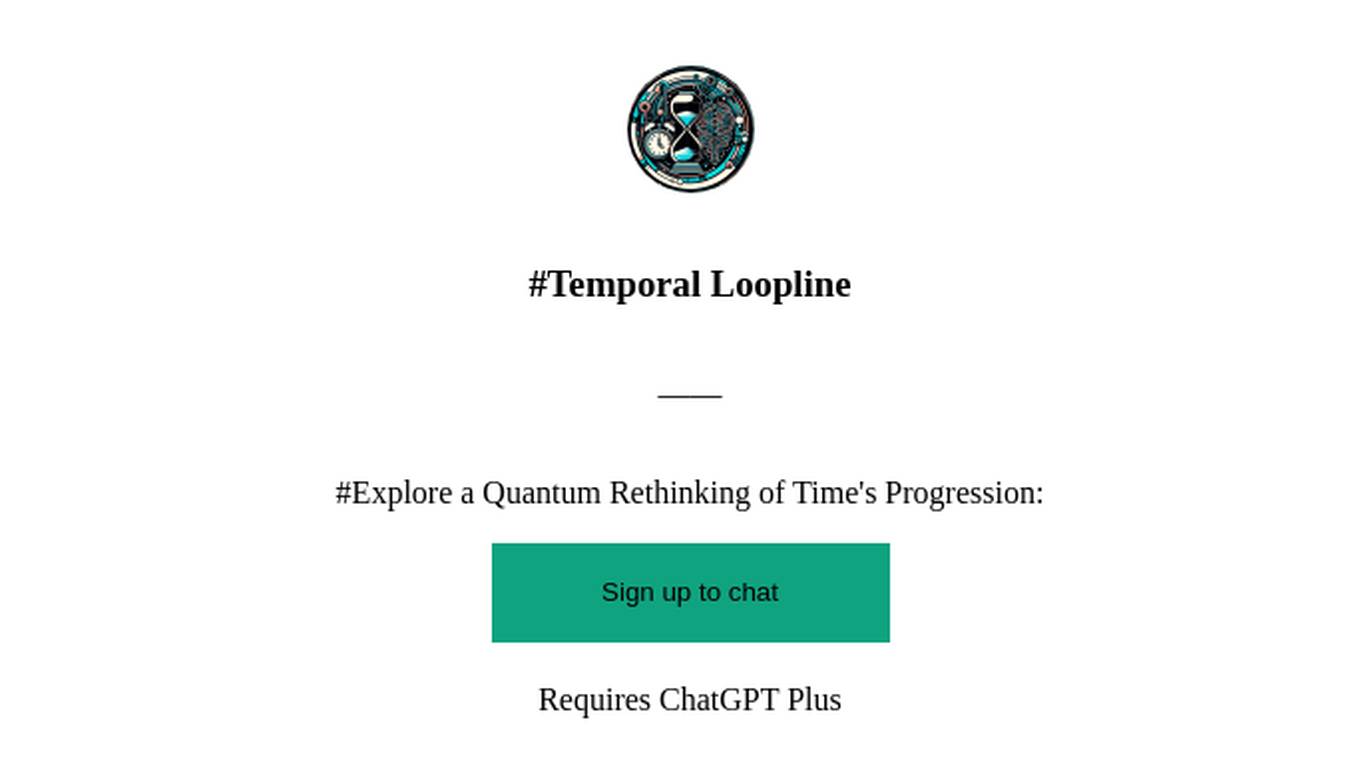Best AI tools for< Explore Research >
20 - AI tool Sites
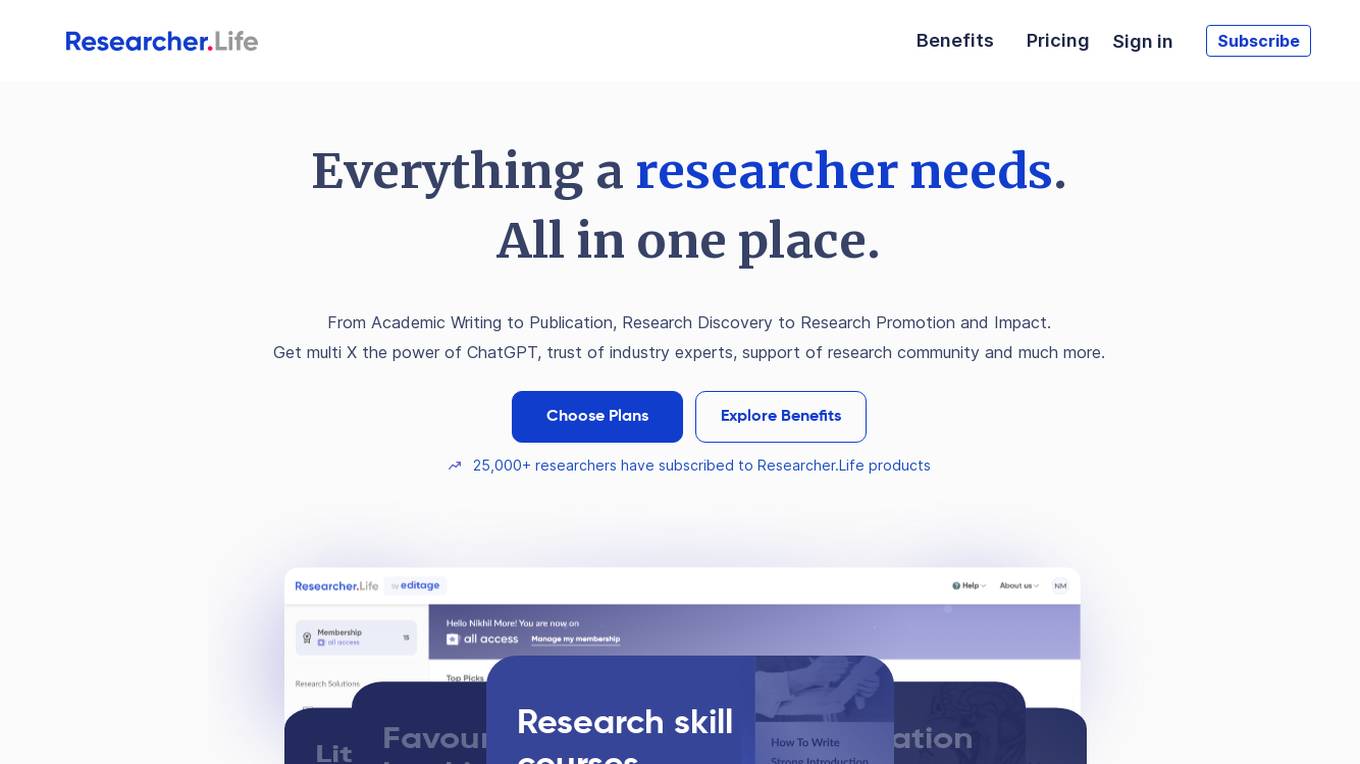
Researcher.Life
Researcher.Life is a comprehensive research support platform that provides AI-powered tools and expert publication services to empower researchers at every stage of their journey. With a suite of advanced AI tools, including Paperpal, R Discovery, and Mind the Graph, Researcher.Life helps researchers write better, discover relevant literature, create stunning scientific illustrations, and find the right journals for their work. Additionally, Researcher.Life offers expert publication services from Editage, ensuring that manuscripts are polished and ready for publication. By combining AI technology with human expertise, Researcher.Life simplifies complex research tasks, saves time, and accelerates the path to success for researchers worldwide.

Papertalk.io
Papertalk.io is an AI-powered platform that revolutionizes research by providing users with access to over 215 million papers, AI-generated explanations, and actionable insights. The platform offers precision search tools, AI-powered understanding of research papers, and personalized guidance on applying insights practically. Papertalk.io aims to make research more accessible and approachable for users from diverse backgrounds, transforming complex data into easy-to-digest formats to foster innovation and expertise.
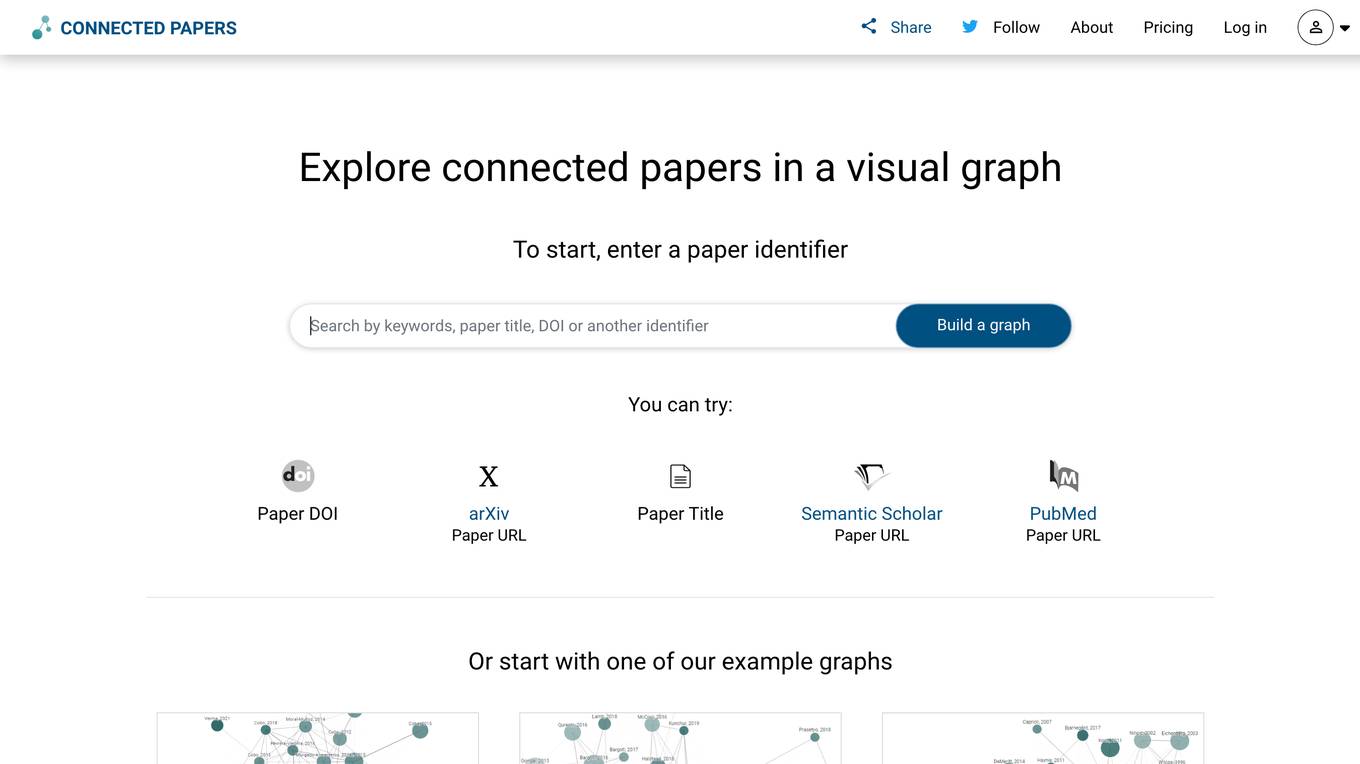
Connected Papers
Connected Papers is a search engine for academic papers that uses artificial intelligence to help users find and explore relevant research. It allows users to search for papers by keyword, author, or title, and then explore the connections between them. Connected Papers also provides a variety of tools to help users organize and manage their research, including the ability to create custom collections of papers, add notes and annotations, and share their research with others.
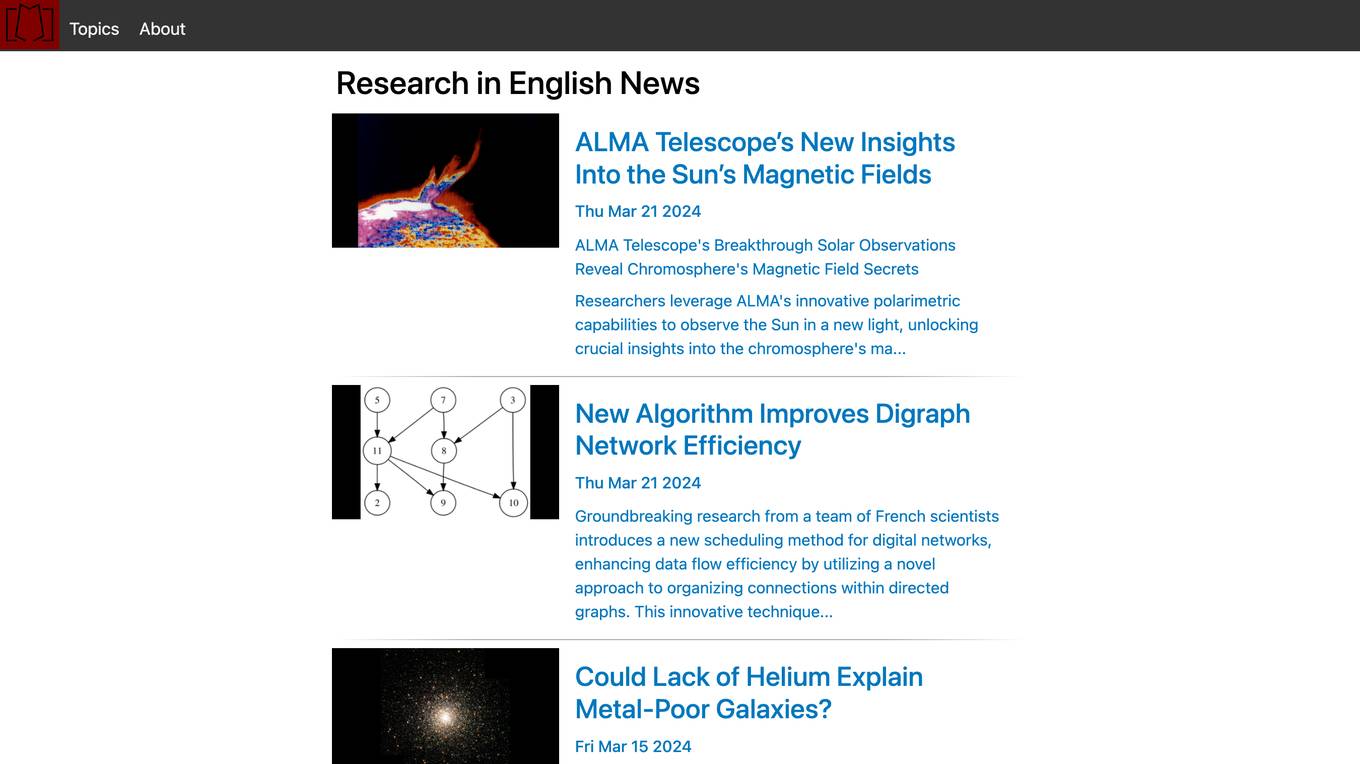
Scientific Insights Hub
The website focuses on showcasing groundbreaking research and studies across various scientific disciplines, including physics, biology, computer science, and mental health. It provides detailed insights into innovative projects, technological advancements, and transformative discoveries in the academic and research communities. Users can explore articles on topics such as quantum communication, artificial intelligence applications in healthcare, semiconductor dynamics, mental health support initiatives, and dietary interventions for mental disorders.
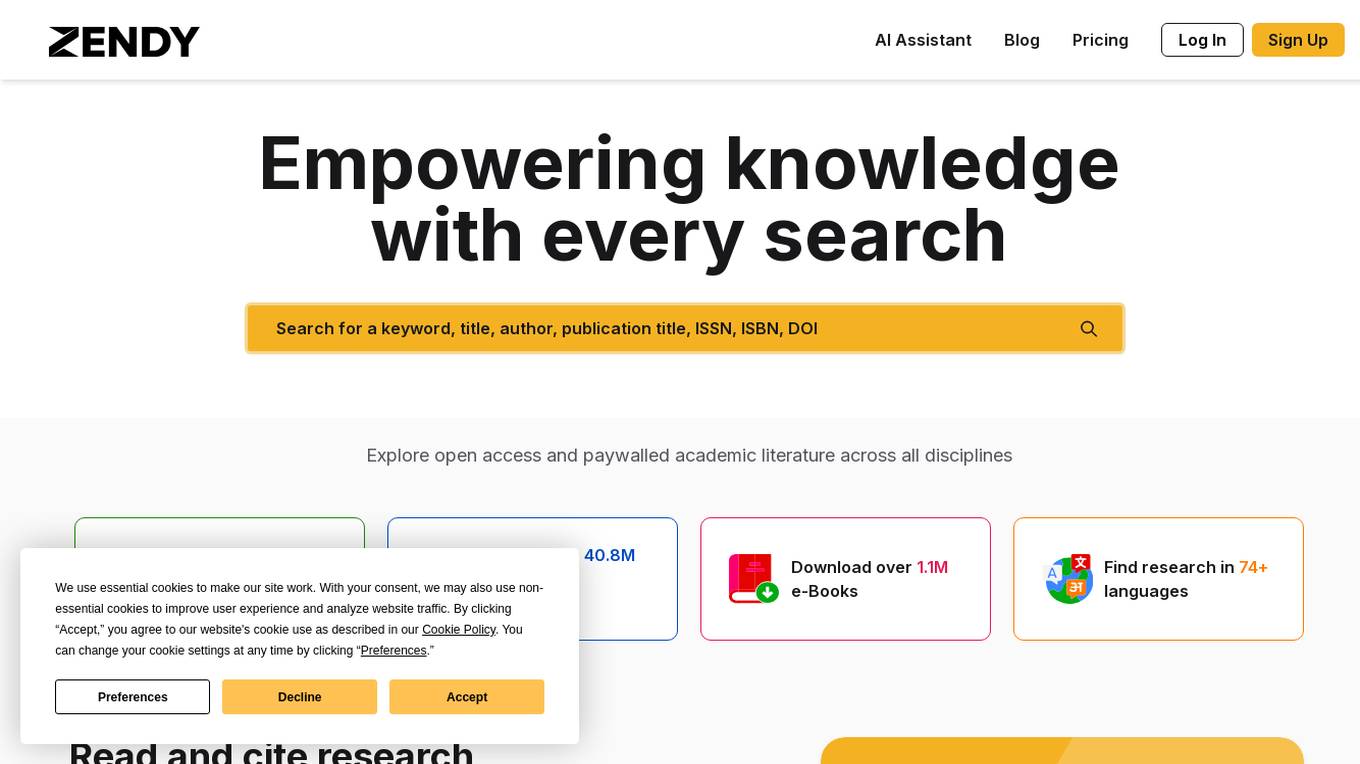
Zendy
Zendy is an AI-powered research library and AI assistant that empowers users to explore open access and paywalled academic literature across all disciplines. It offers tools for faster reading and citing of research papers, including AI summarization, key phrase highlighting, and organizing reading lists. With a user-friendly interface, Zendy helps users save time during literature review, making research more efficient and productive.
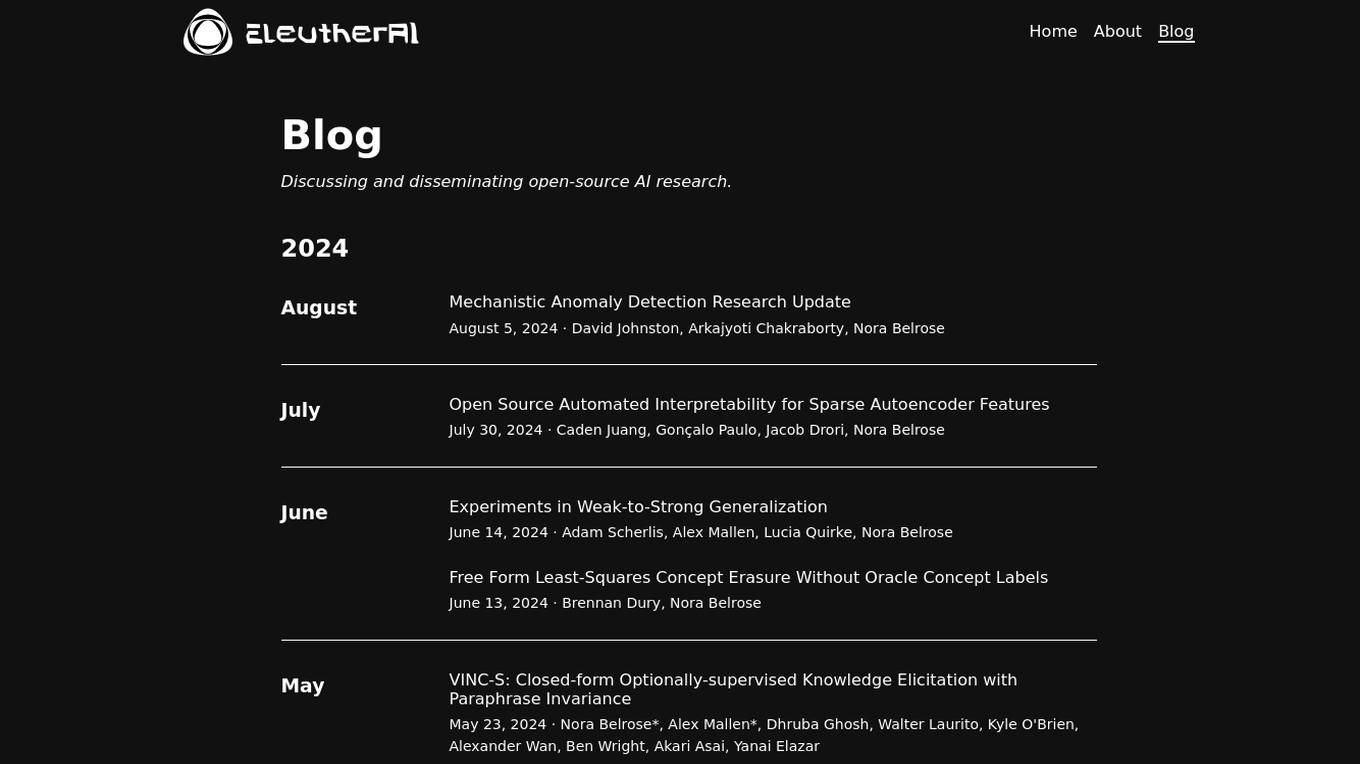
EleutherAI
EleutherAI is an open-source AI research platform that focuses on discussing and disseminating cutting-edge research in the field of artificial intelligence. The platform provides updates on various research projects, including Mechanistic Anomaly Detection, Automated Interpretability for Sparse Autoencoder Features, Experiments in Generalization, Concept Erasure, Knowledge Elicitation, and more. EleutherAI aims to foster collaboration and innovation in the AI community by sharing insights and advancements in the field.
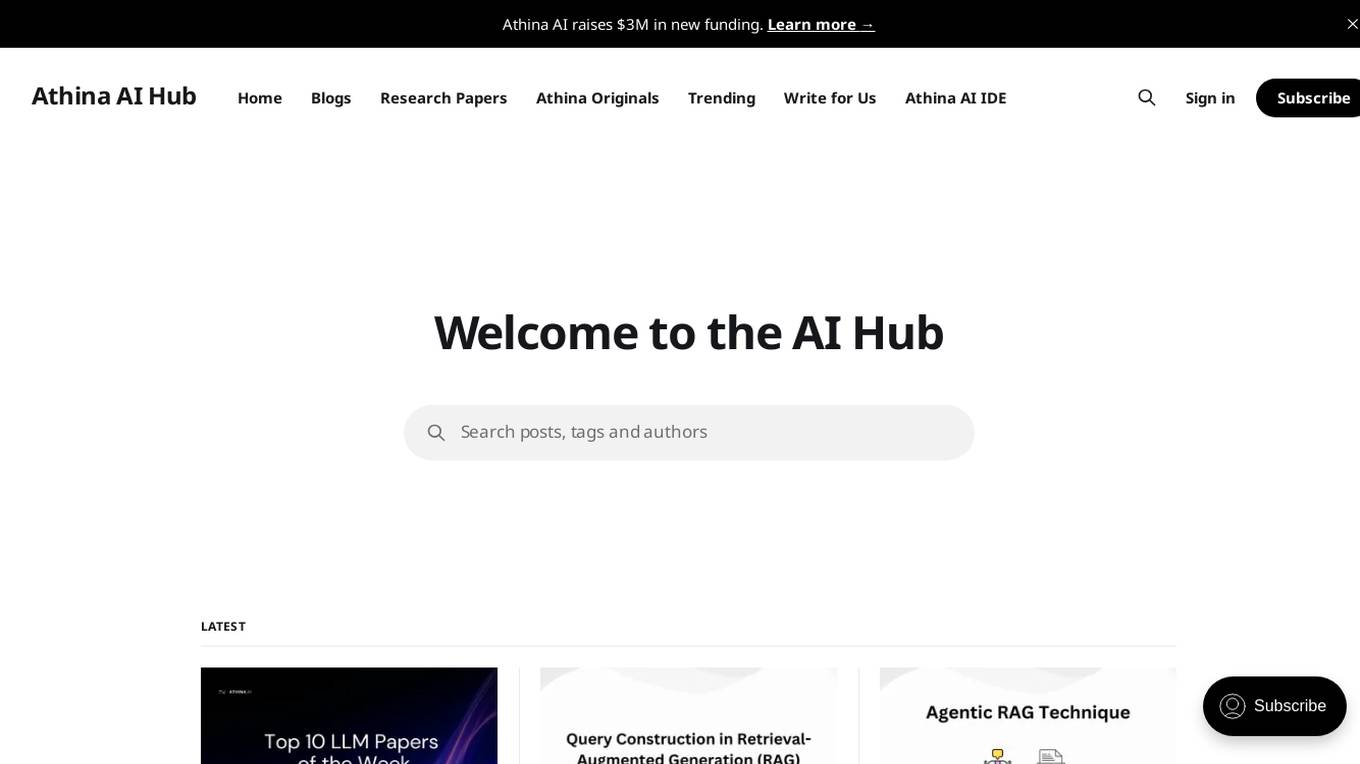
Athina AI Hub
Athina AI Hub is an ultimate resource for AI development teams, offering a wide range of AI development blogs, research papers, and original content. It provides valuable insights into cutting-edge technologies such as Large Language Models (LLMs), Retrieval-Augmented Generation (RAG), and AI agents. Athina AI Hub aims to empower AI engineers, researchers, data scientists, and product developers by offering comprehensive resources and fostering innovation in the field of Artificial Intelligence.
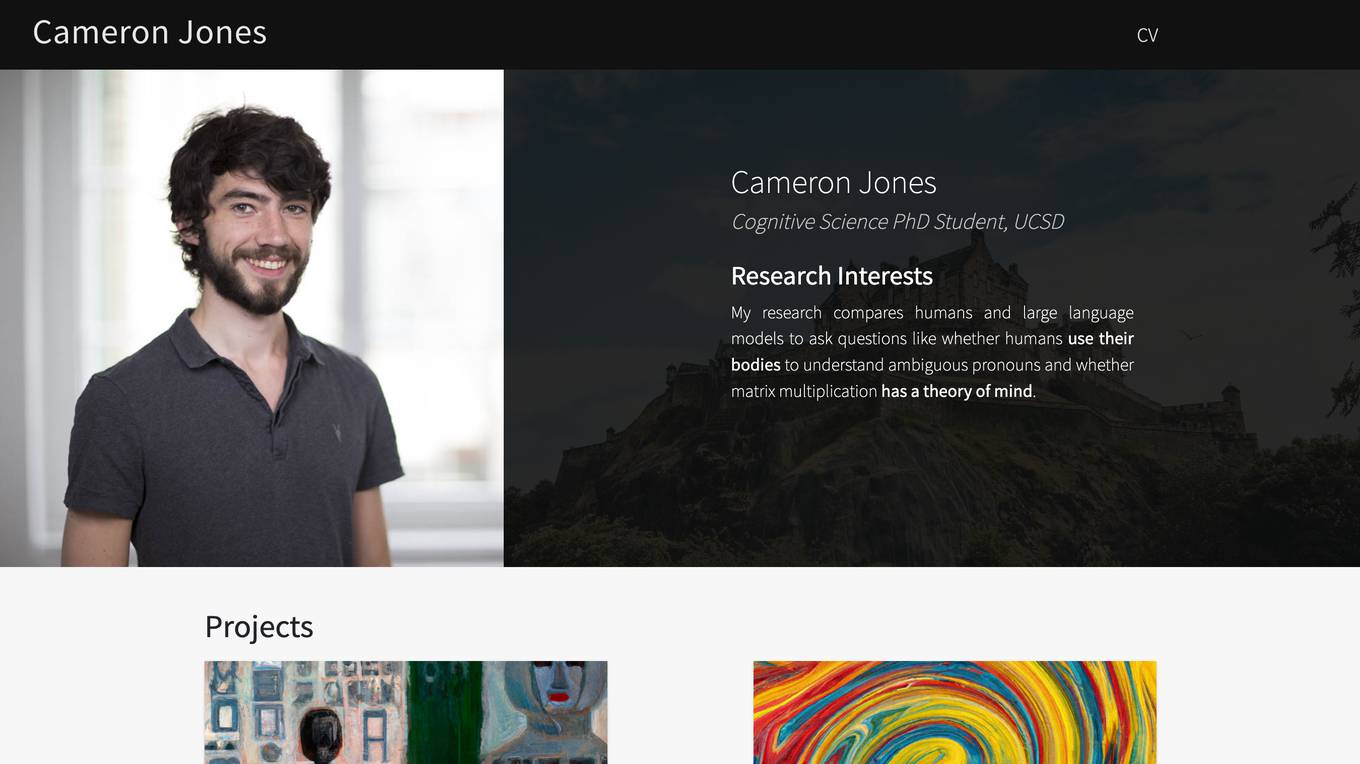
Cameron Jones
The Cameron Jones website is a platform maintained by a Cognitive Science PhD student with a focus on persuasion, deception, and social intelligence in humans and Large Language Models (LLMs). The site showcases the student's publications, projects, and CV, along with research on LLM performance in tasks like the False Belief task and the Turing test.
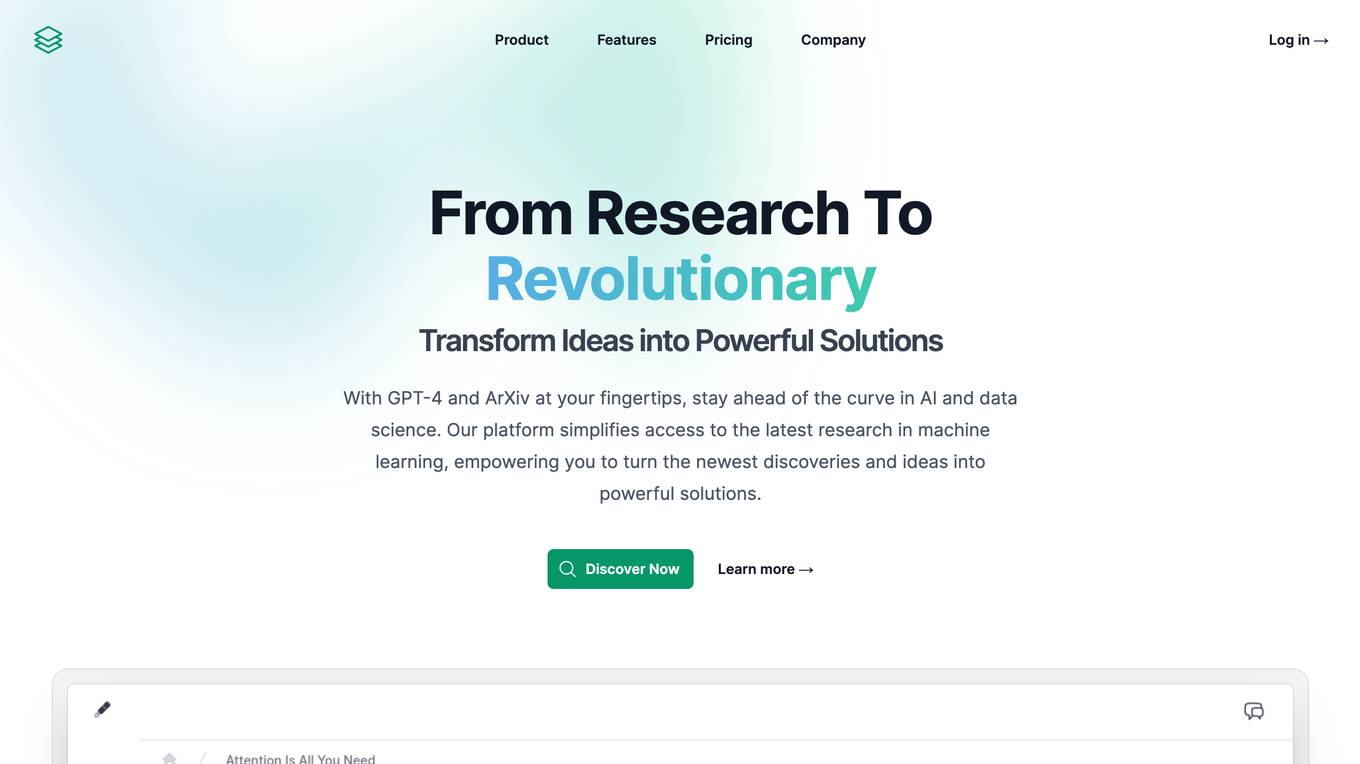
TextLayer
TextLayer is an AI-powered research companion that simplifies access to the latest research in machine learning. It empowers users to turn new discoveries into powerful solutions by providing personalized recommendations, AI-generated insights, and implementation support. The platform offers curated AI-generated summaries of research papers, tailored recommendations, and a chat integration for interacting with AI. TextLayer aims to bridge the gap between complex ML research papers and understanding, fostering curiosity, innovation, and shaping the future of Artificial Intelligence.
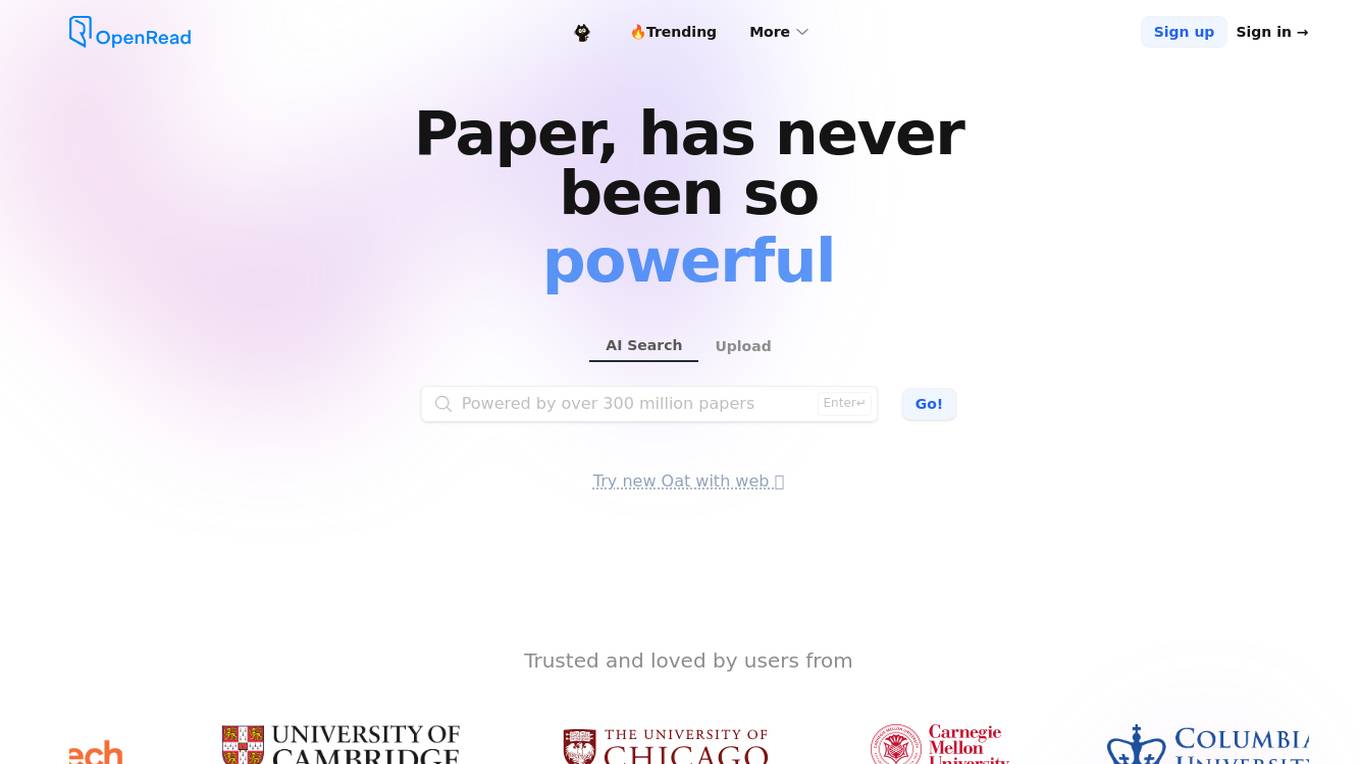
OpenRead
OpenRead is an AI-powered research tool that offers a seamless research experience by providing access to a vast repository of over 300 million papers and trillions of web sources. It allows users to search for papers in real-time, gain valuable insights, and explore trending research topics effortlessly. With features like paper Espresso, Paper Q&A, and related Paper Graph, OpenRead aims to enhance research productivity and knowledge organization. The tool also offers the ability to disable web support for focused tasks and remembers chat history for easy reference.

AI News
AI News is a website dedicated to providing news, analysis, and insights related to artificial intelligence (AI) technologies. The site covers a wide range of topics within the AI domain, including applications, chatbots, face recognition, virtual assistants, voice recognition, companies like Amazon, Apple, Google, and Microsoft, as well as deep learning, ethics, industries, machine learning, robotics, security, and more. AI News aims to keep readers informed about the latest developments, trends, and innovations in the field of artificial intelligence.
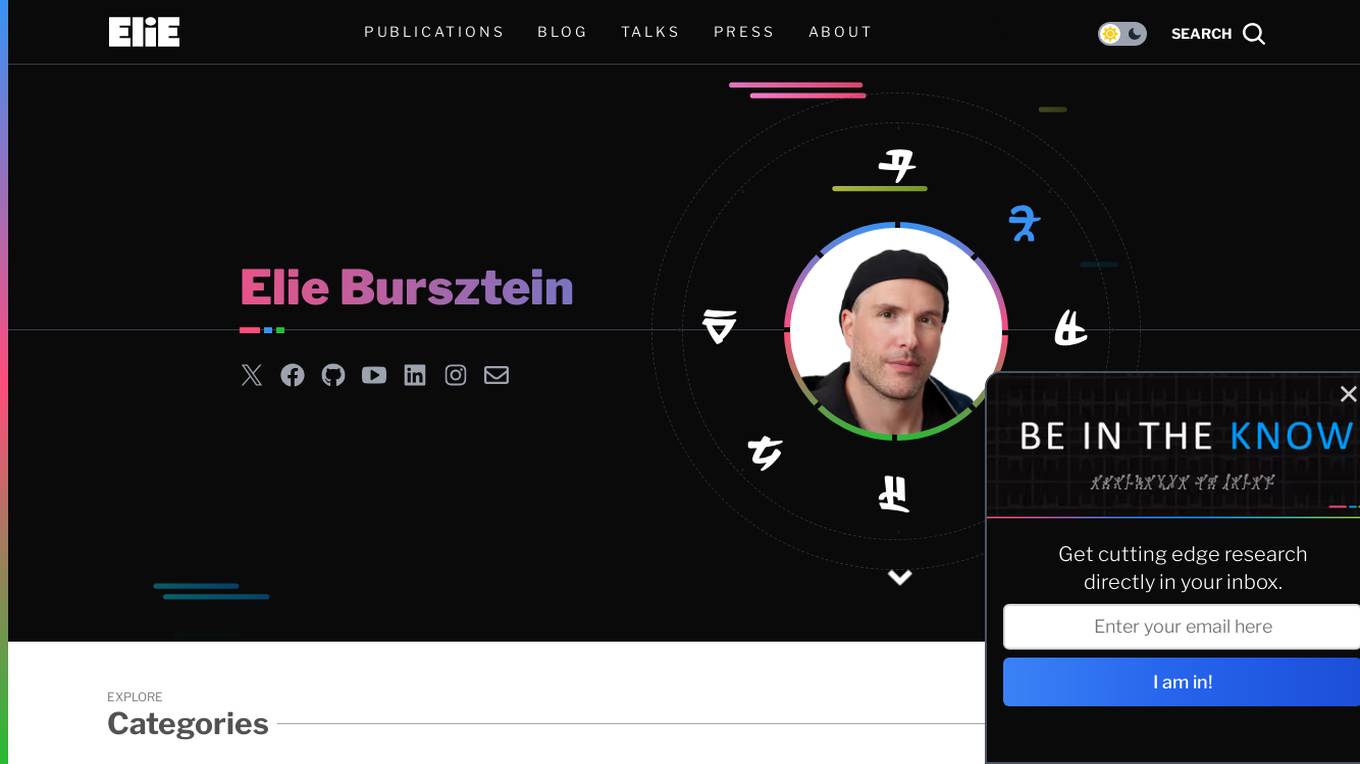
Elie Bursztein AI Cybersecurity Platform
The website is a platform managed by Dr. Elie Bursztein, the Google & DeepMind AI Cybersecurity technical and research lead. It features a collection of publications, blog posts, talks, and press releases related to cybersecurity, artificial intelligence, and technology. Dr. Bursztein shares insights and research findings on various topics such as secure AI workflows, language models in cybersecurity, hate and harassment online, and more. Visitors can explore recent content and subscribe to receive cutting-edge research directly in their inbox.
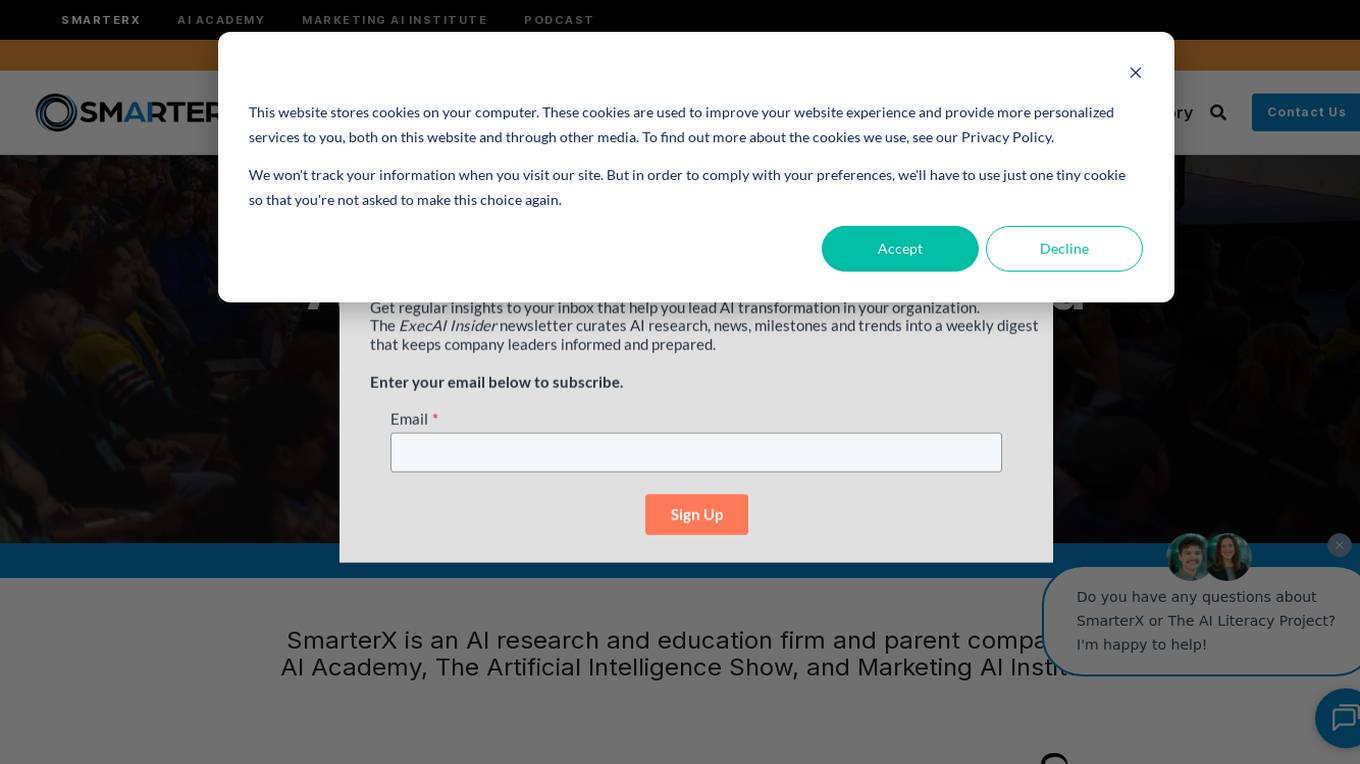
SmarterX
SmarterX is an AI research and education firm that aims to empower leaders to reimagine business models, reinvent industries, and rethink possibilities through a responsible, human-centered approach to AI. The company offers AI Academy, The Artificial Intelligence Show, and Marketing AI Institute to educate professionals and organizations on the transformative power of AI in businesses, industries, jobs, economy, educational systems, and society. SmarterX believes in accelerating AI literacy for all to build a smarter version of any business and prepare for an AI-native future.
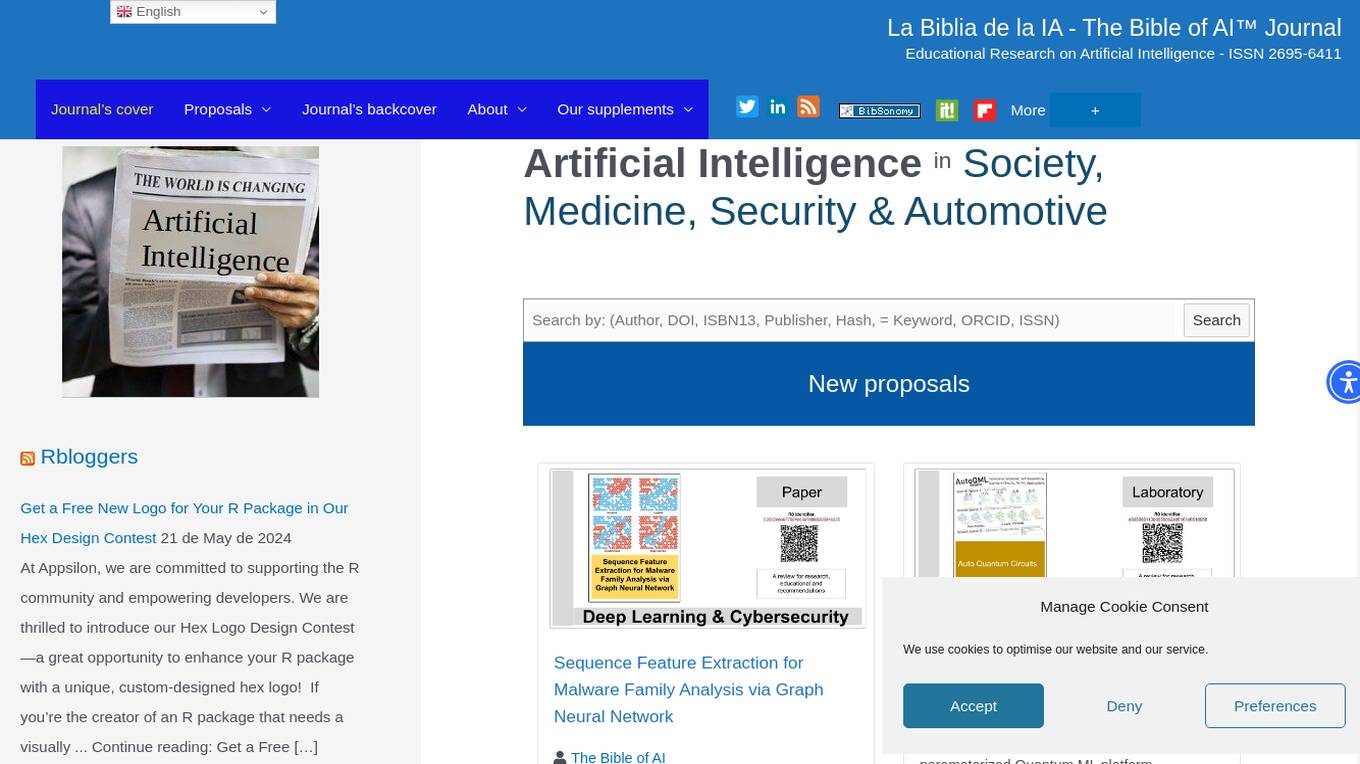
La Biblia de la IA - The Bible of AI™ Journal
La Biblia de la IA - The Bible of AI™ Journal is an educational research platform focused on Artificial Intelligence. It provides in-depth analysis, articles, and discussions on various AI-related topics, aiming to advance knowledge and understanding in the field of AI. The platform covers a wide range of subjects, from machine learning algorithms to ethical considerations in AI development.

John Schulman's Homepage
John Schulman's Homepage is an AI tool developed by a researcher at Anthropic. The website focuses on aligning large language models, scalable oversight, and developing better written specifications of model behavior. It showcases the researcher's work in the field of AI, including projects like ChatGPT and the OpenAI API. The homepage also highlights the researcher's academic background, including a PhD in Computer Science from UC Berkeley with a focus on robotics and reinforcement learning.

Ledge.ai
Ledge.ai is an AI application that focuses on the latest trends in artificial intelligence. The platform provides articles, videos, and solutions related to various fields such as business, learning, engineering, academics & study, public, entertainment & art. Users can stay updated on AI developments, including new models like GPT-4o and multi-modal AI. Ledge.ai covers a wide range of topics from OpenAI announcements to academic research and industry applications of AI technology.
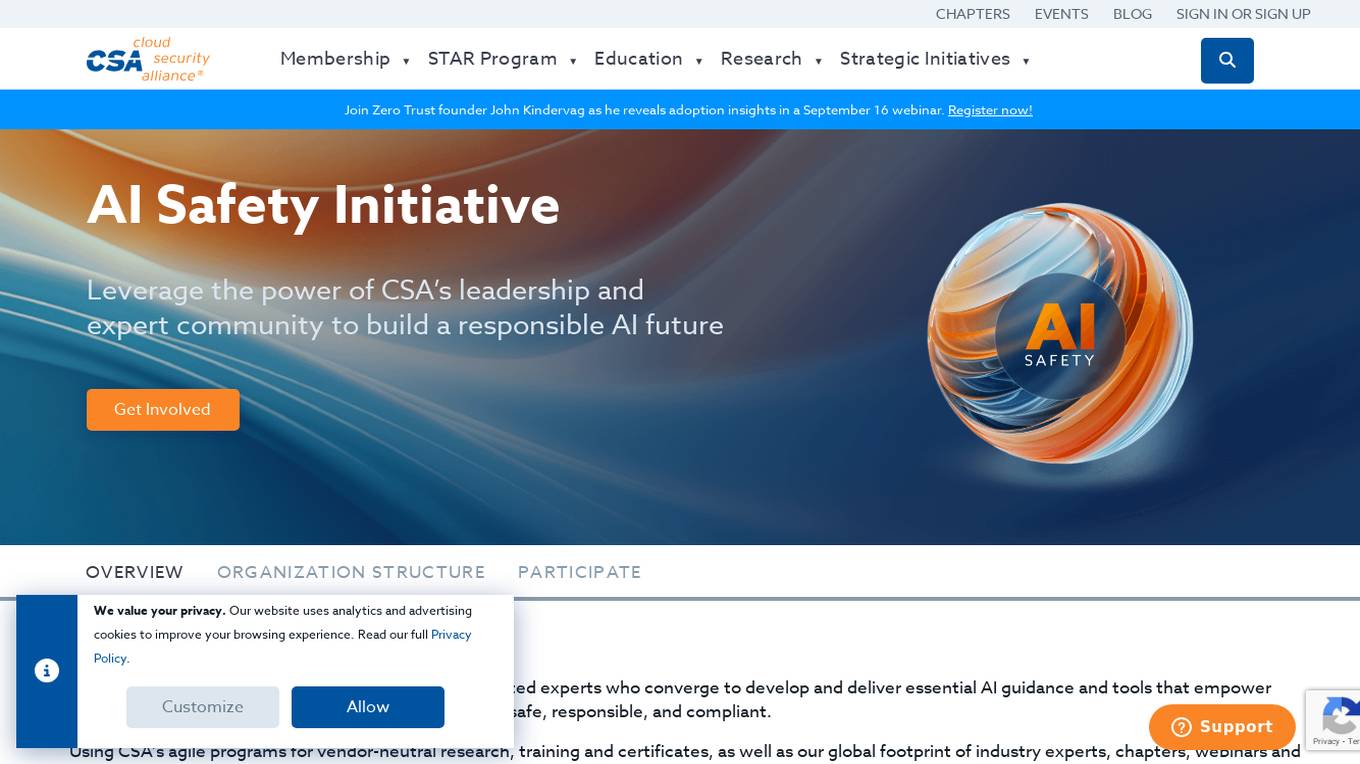
AI Safety Initiative
The AI Safety Initiative is a premier coalition of trusted experts that aims to develop and deliver essential AI guidance and tools for organizations to deploy safe, responsible, and compliant AI solutions. Through vendor-neutral research, training programs, and global industry experts, the initiative provides authoritative AI best practices and tools. It offers certifications, training, and resources to help organizations navigate the complexities of AI governance, compliance, and security. The initiative focuses on AI technology, risk, governance, compliance, controls, and organizational responsibilities.
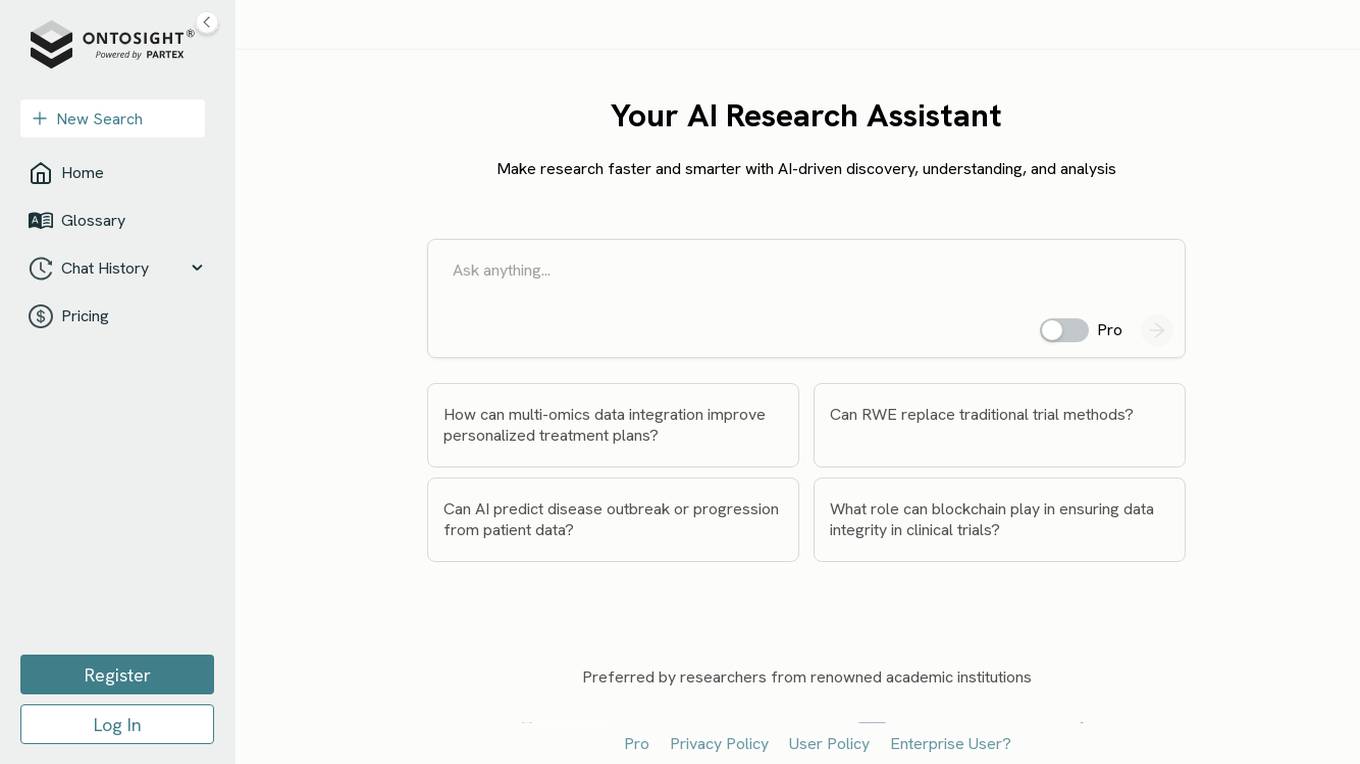
Ontosight.ai
Ontosight.ai is an AI-powered research assistant designed to provide users with smarter insights. It leverages artificial intelligence to assist in research tasks, offering advanced capabilities for data analysis and information retrieval. By utilizing cutting-edge technology, Ontosight.ai aims to streamline the research process and enhance decision-making through intelligent data processing.

Codingem
Codingem is a website dedicated to software development and technology. It offers courses in programming languages like Swift, iOS, Python, and JavaScript. The site also provides reviews and resources on various AI tools and software applications, including AI writing tools, AI art generators, AI headshot generators, and more. Codingem aims to be a comprehensive platform for developers, marketers, teachers, students, and researchers to explore and utilize AI-powered tools for various tasks.
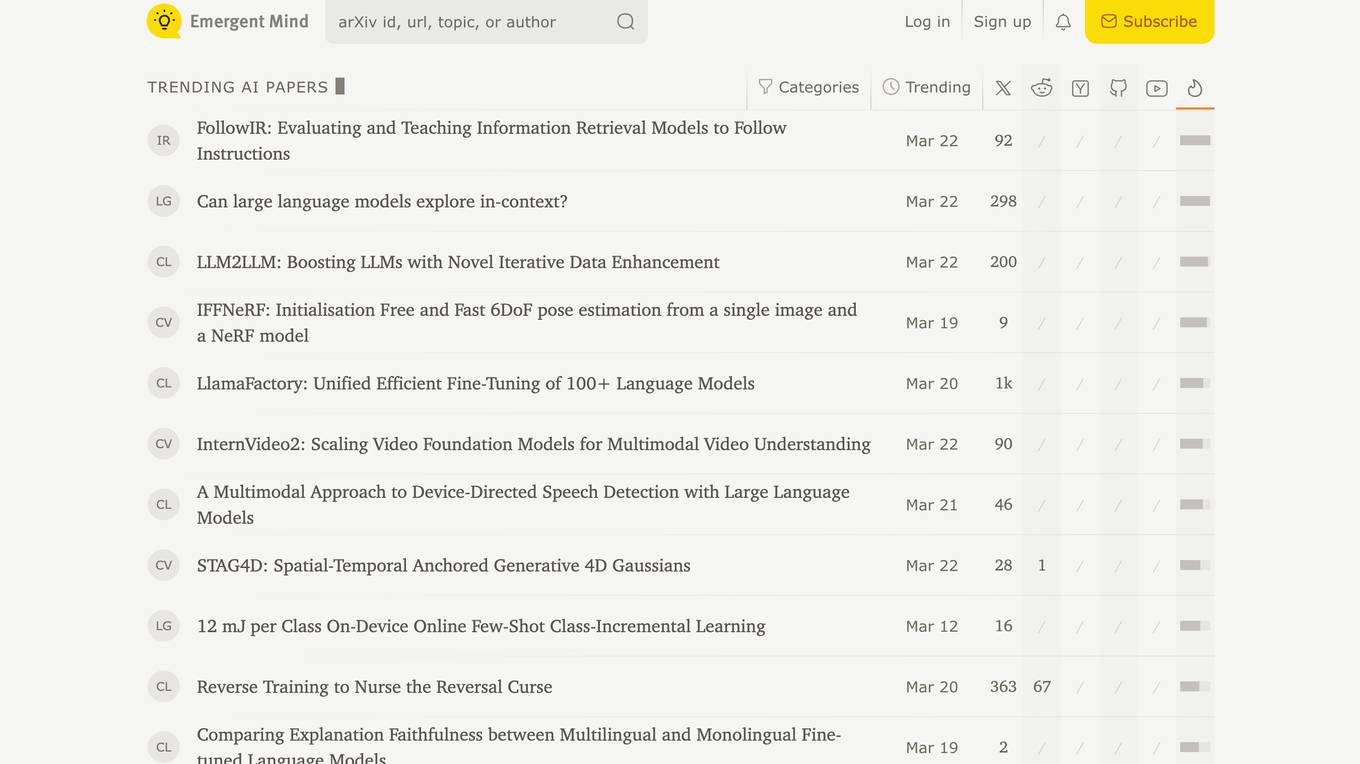
Emergent Mind
Emergent Mind is a website that provides access to trending AI papers. Users can browse papers by category, week, month, or year. The website also provides summaries of trending AI papers on Twitter.
3 - Open Source AI Tools
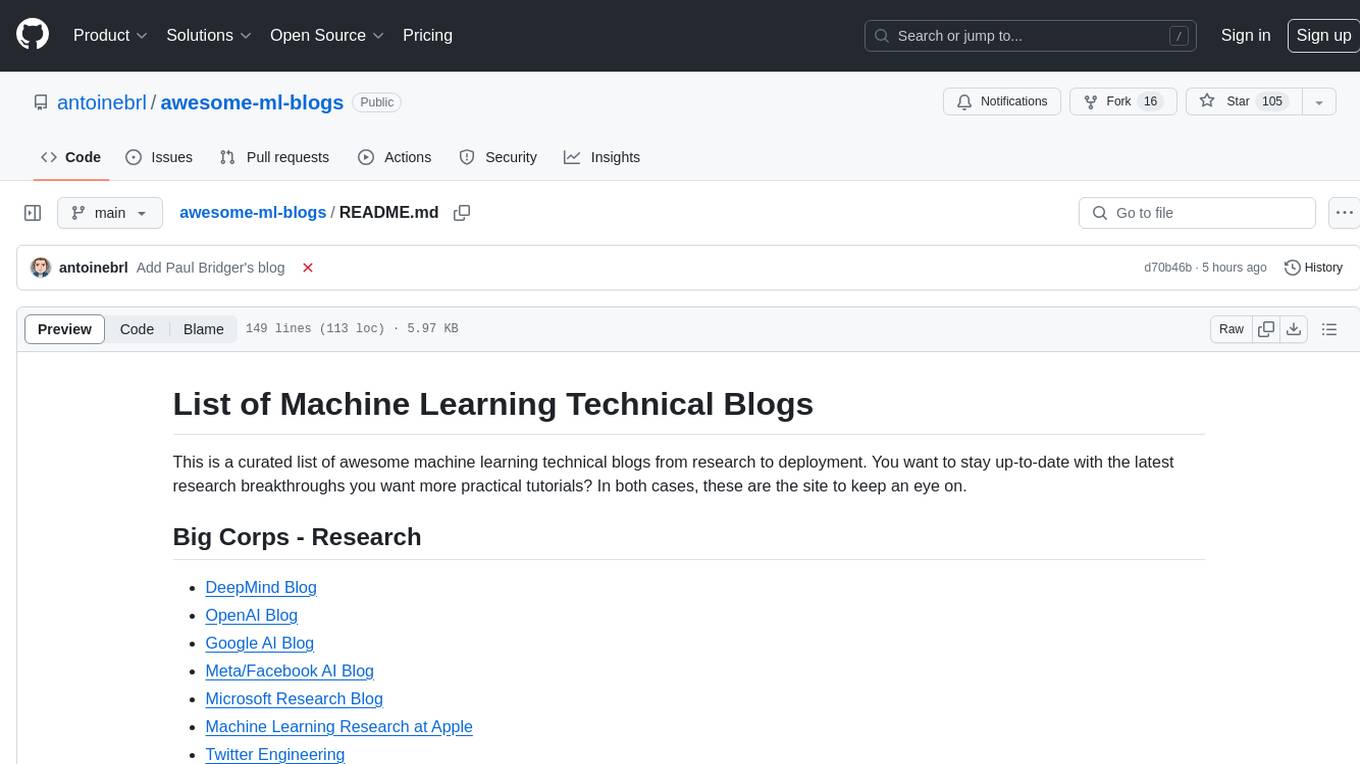
awesome-ml-blogs
awesome-ml-blogs is a curated list of machine learning technical blogs covering a wide range of topics from research to deployment. It includes blogs from big corporations, MLOps startups, data labeling platforms, universities, community content, personal blogs, synthetic data providers, and more. The repository aims to help individuals stay updated with the latest research breakthroughs and practical tutorials in the field of machine learning.
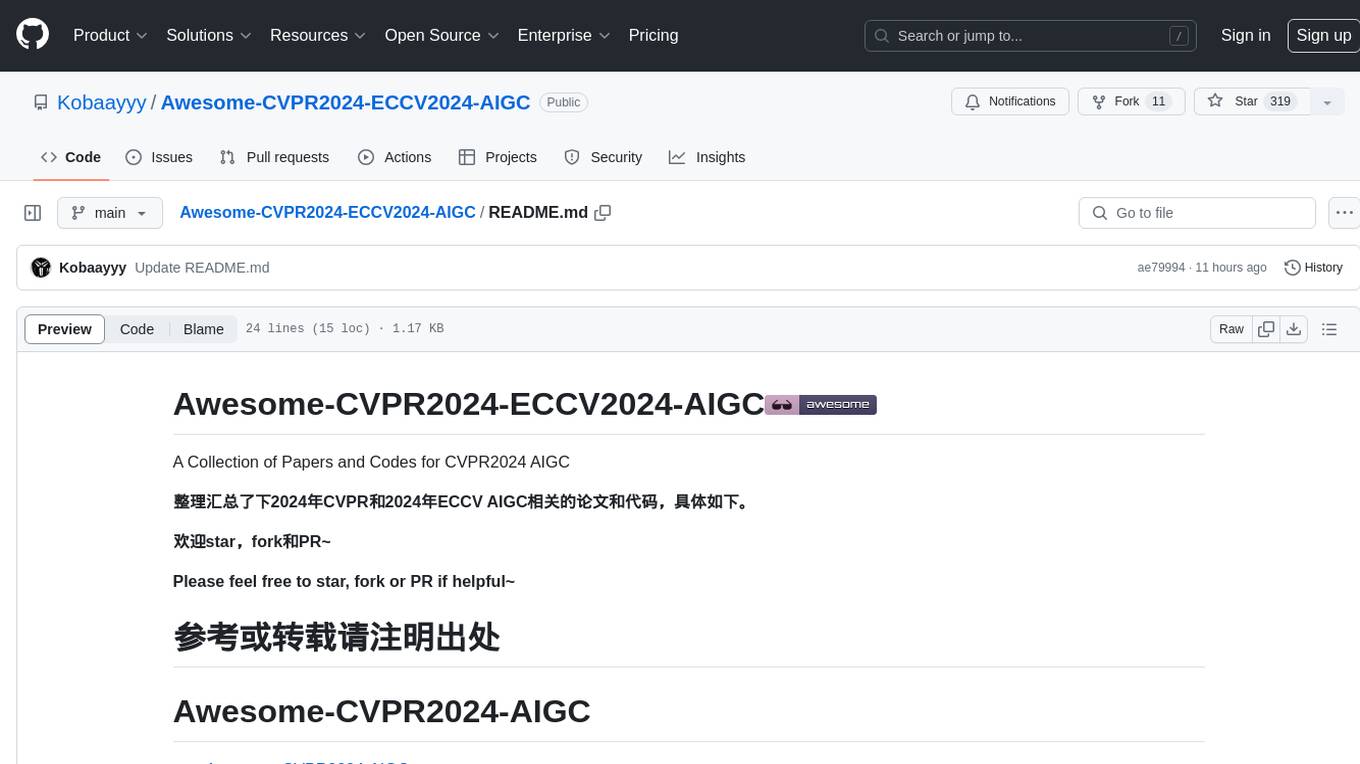
Awesome-CVPR2024-ECCV2024-AIGC
A Collection of Papers and Codes for CVPR 2024 AIGC. This repository compiles and organizes research papers and code related to CVPR 2024 and ECCV 2024 AIGC (Artificial Intelligence and Graphics Computing). It serves as a valuable resource for individuals interested in the latest advancements in the field of computer vision and artificial intelligence. Users can find a curated list of papers and accompanying code repositories for further exploration and research. The repository encourages collaboration and contributions from the community through stars, forks, and pull requests.
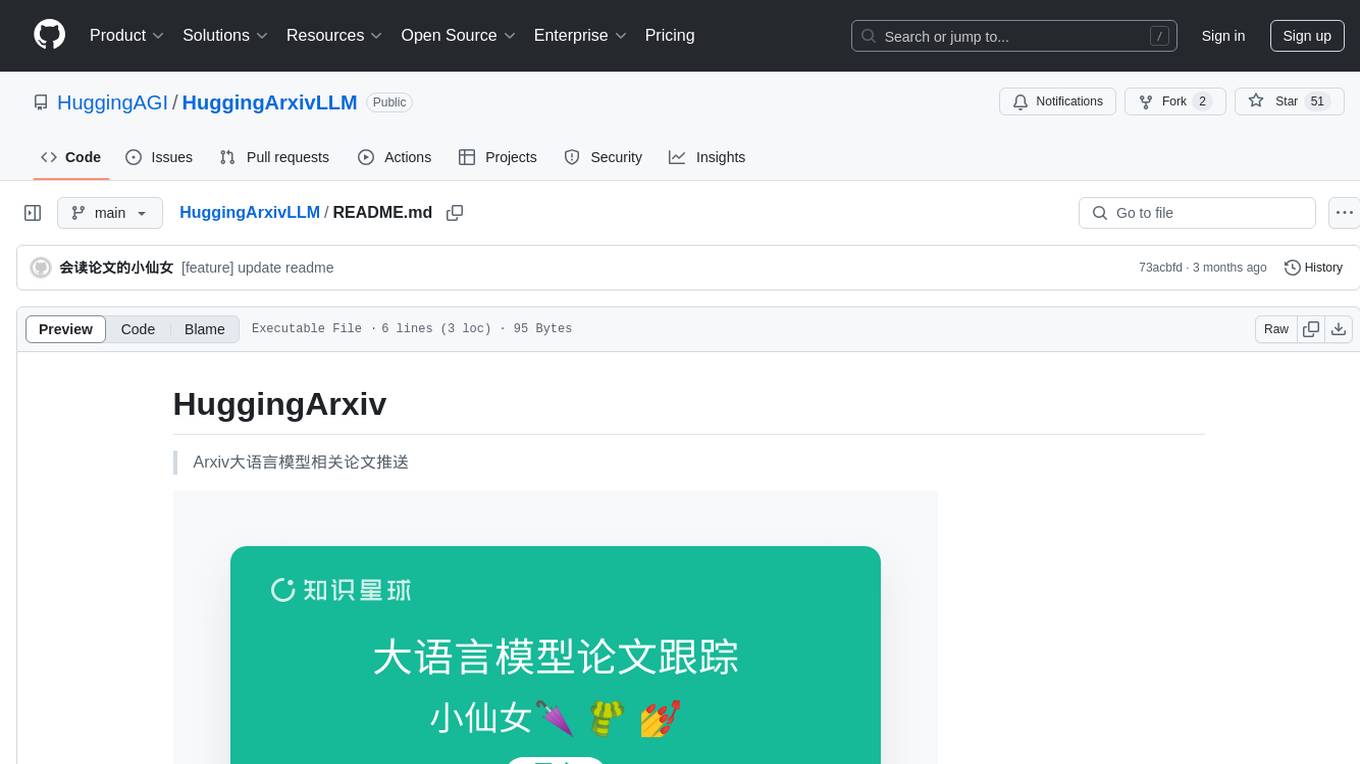
HuggingArxivLLM
HuggingArxiv is a tool designed to push research papers related to large language models from Arxiv. It helps users stay updated with the latest developments in the field of large language models by providing notifications and access to relevant papers.
20 - OpenAI Gpts

Chad GPT
Latest research in Chadometry, with Dr. Chadley Chadwickstone from the institute of Chadology
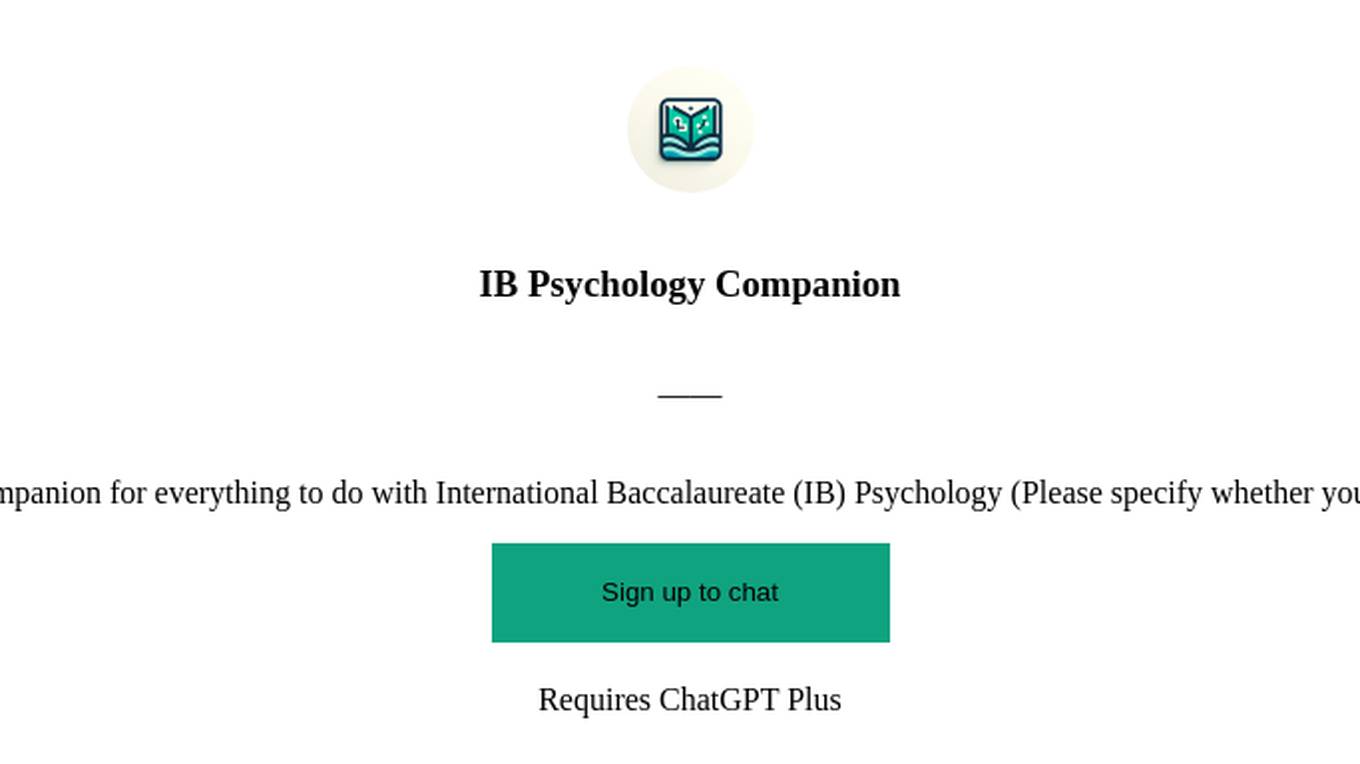
IB Psychology Companion
Your SKLSUPPLYAI companion for everything to do with International Baccalaureate (IB) Psychology (Please specify whether you are studying at HL or SL)
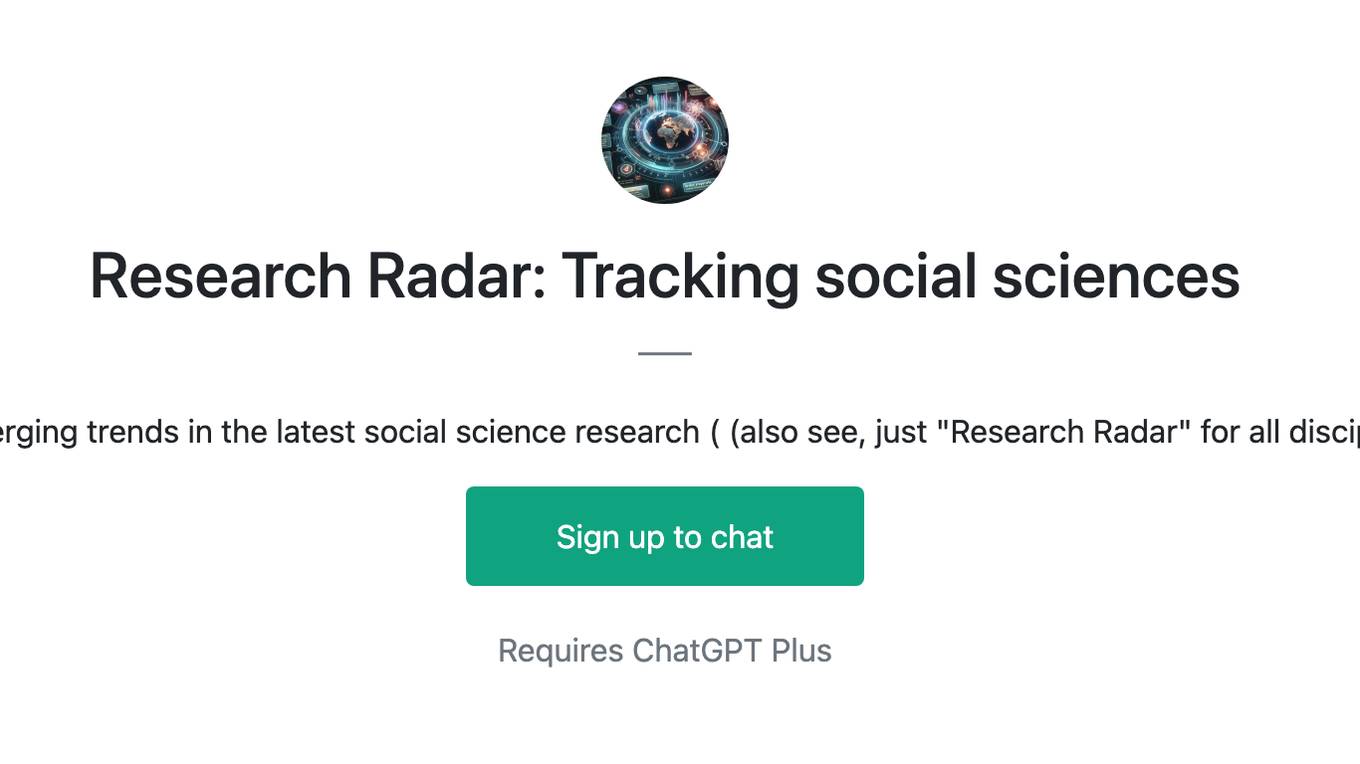
Research Radar: Tracking social sciences
Spot emerging trends in the latest social science research ( (also see, just "Research Radar" for all disciplines))
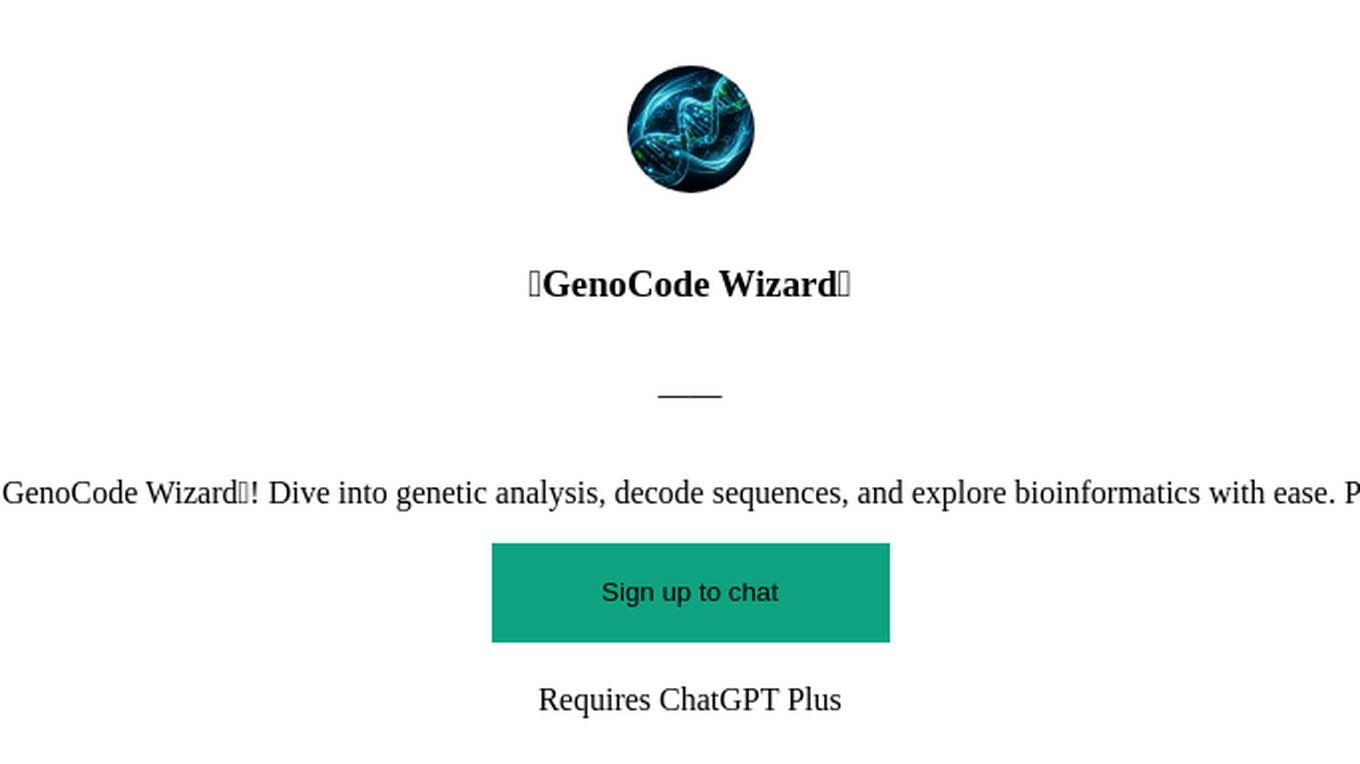
🧬GenoCode Wizard🔬
Unlock the secrets of DNA with 🧬GenoCode Wizard🔬! Dive into genetic analysis, decode sequences, and explore bioinformatics with ease. Perfect for researchers and students!

SutraKama
Explore the sexy SutraKama (NSFW), an ancient text delving into relationships, love, and intimate customs, offering insights on sensual art and emotional connections. For research and Education. Powered by www.breebs.com

AI Product Hunter
Explore 7779 new global AI products with ease! / 7779個のAI productのDBをもとにリサーチ
International Food and Culinary Culture Expert
Helps users explore global cuisines by providing in-depth information on culinary cultures and recipes from around the world.
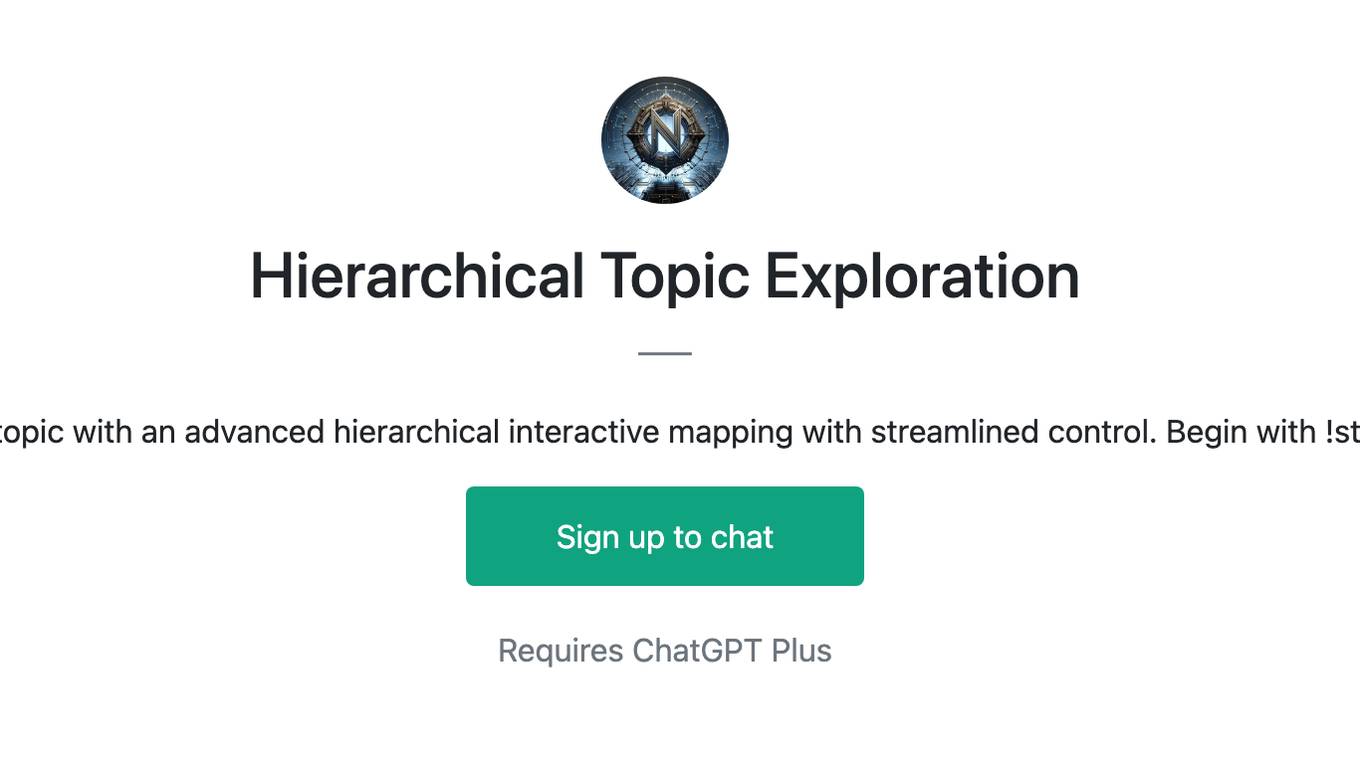
Hierarchical Topic Exploration
Explore any topic with an advanced hierarchical interactive mapping with streamlined control. Begin with !start [topic].

What’s wrong with me? 🤷♂️🔍🤔
Explore potential causes for health concerns with informational guidance
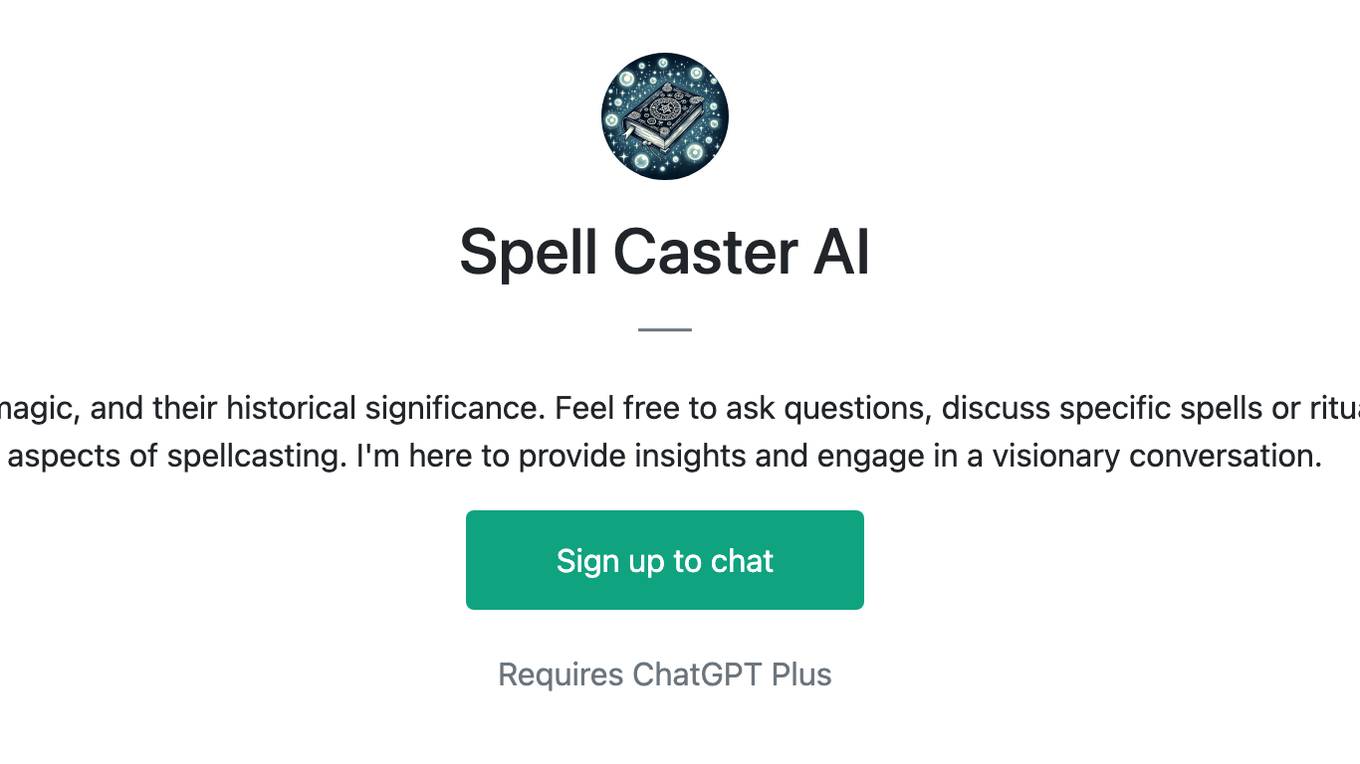
Spell Caster AI
we can explore various aspects of spells, magic, and their historical significance. Feel free to ask questions, discuss specific spells or rituals, or delve into the cultural and folklore aspects of spellcasting. I'm here to provide insights and engage in a visionary conversation.
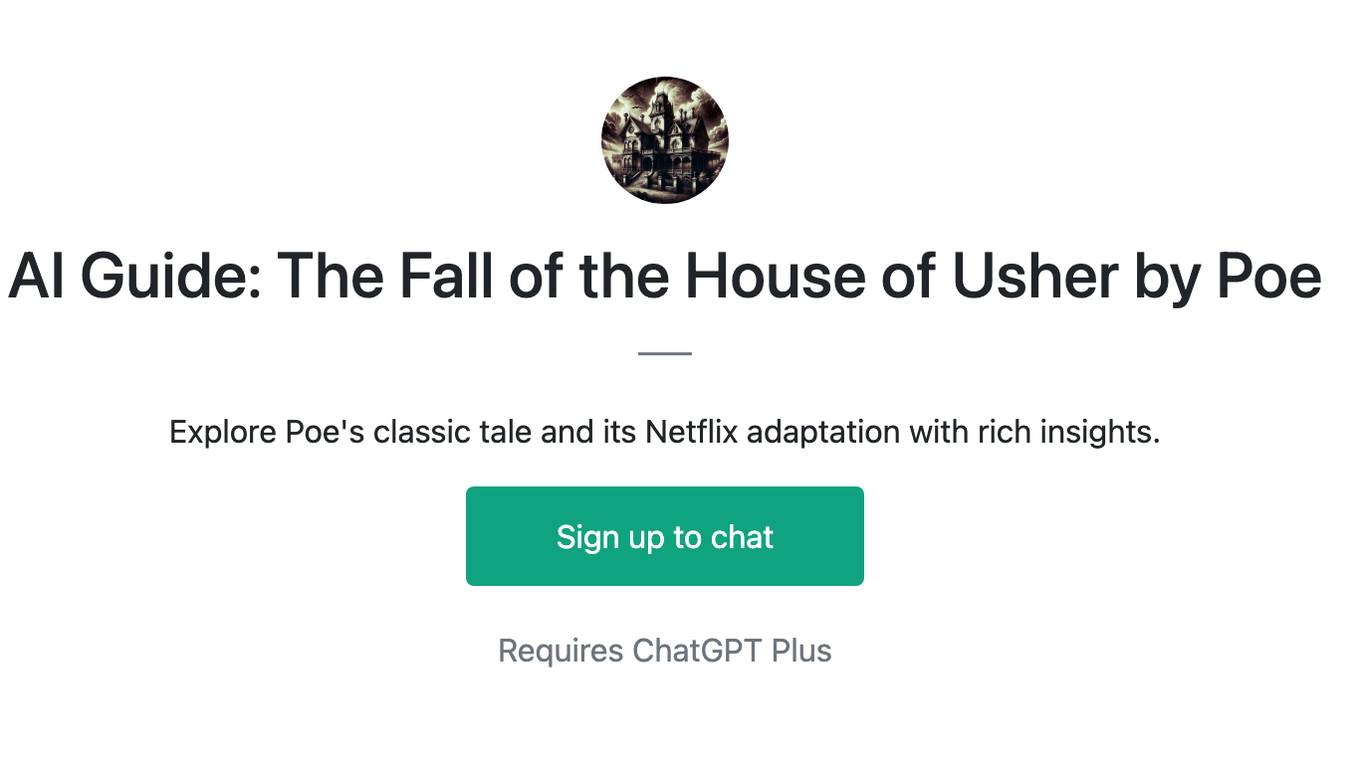
AI Guide: The Fall of the House of Usher by Poe
Explore Poe's classic tale and its Netflix adaptation with rich insights.
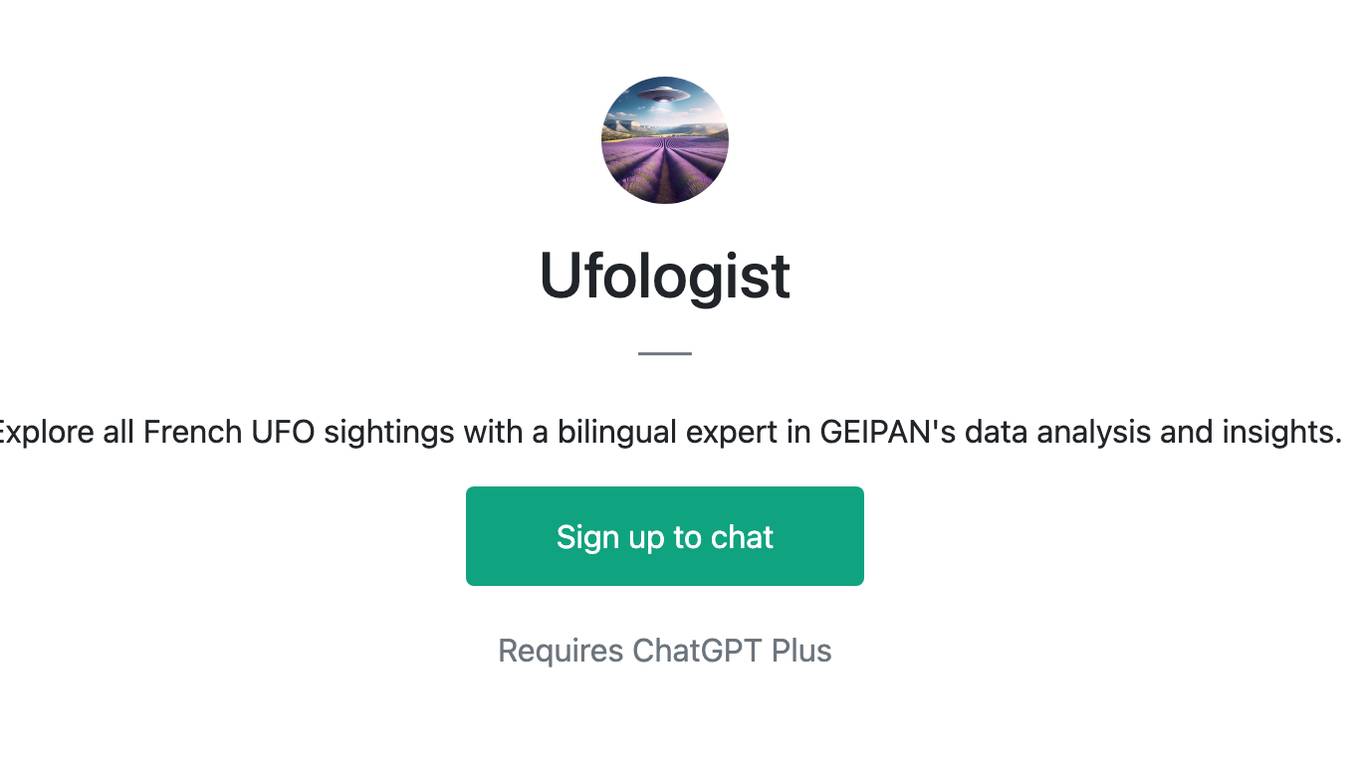
Ufologist
Explore all French UFO sightings with a bilingual expert in GEIPAN's data analysis and insights.
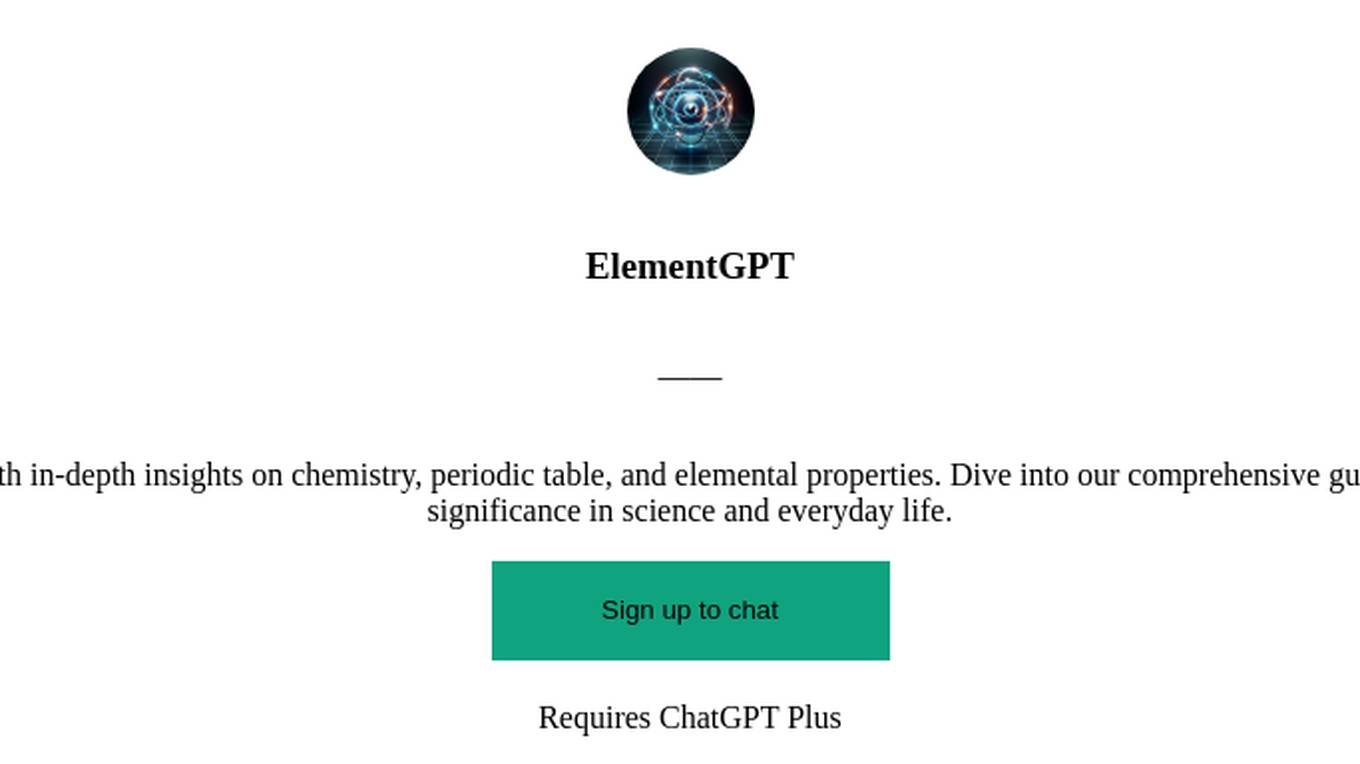
ElementGPT
Explore the fascinating world of elements with in-depth insights on chemistry, periodic table, and elemental properties. Dive into our comprehensive guide for a deeper understanding of the elements' significance in science and everyday life.

WIN With Lex Fridman
Explore Lex Fridman's podcast universe with Lex Fridman GPT—extracting wisdom from deep conversations with brilliant minds on technology, humanity, and philosophy.
